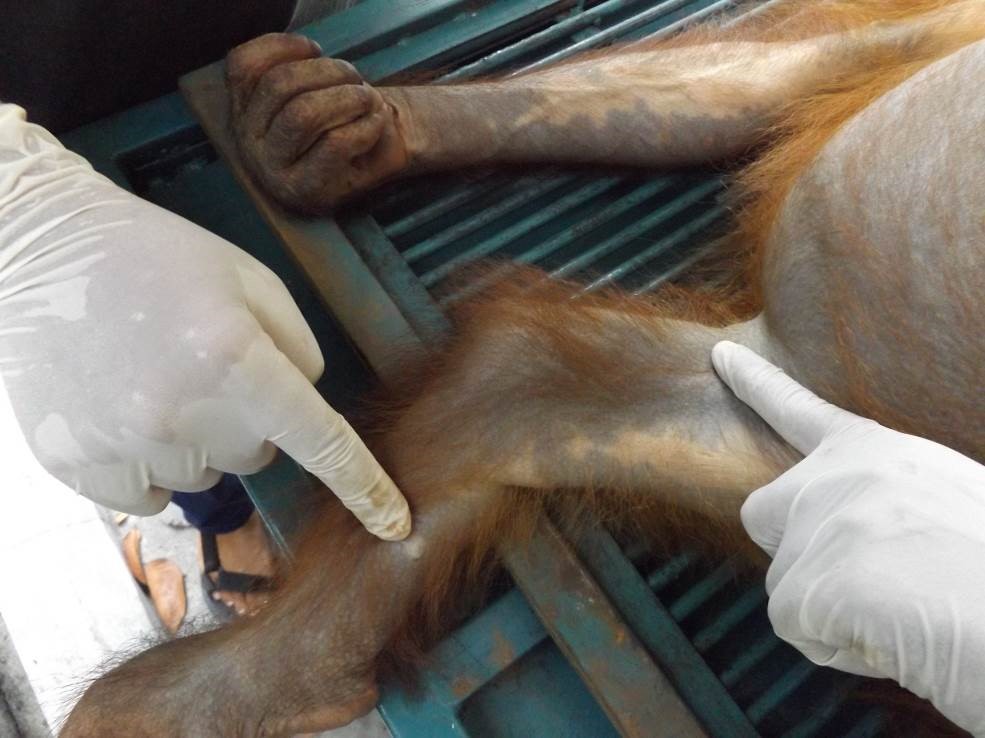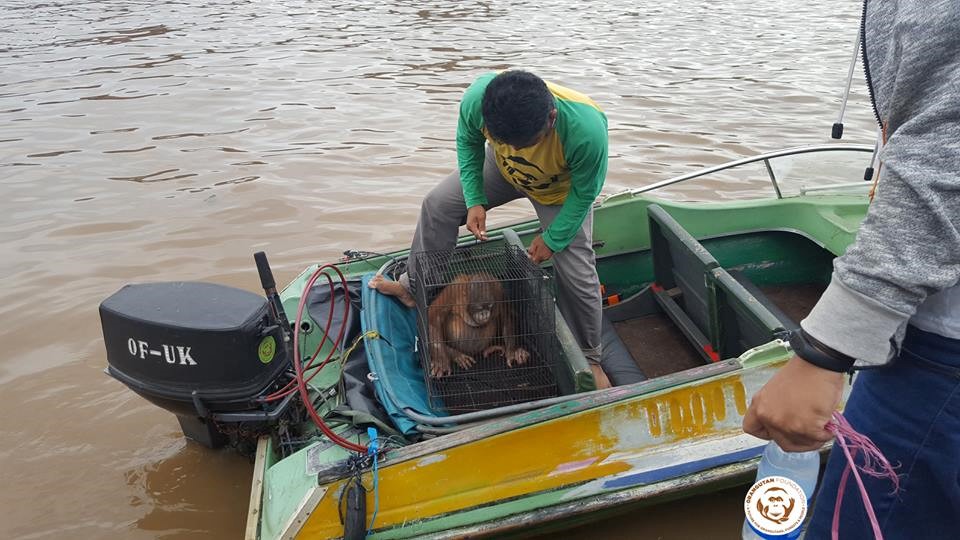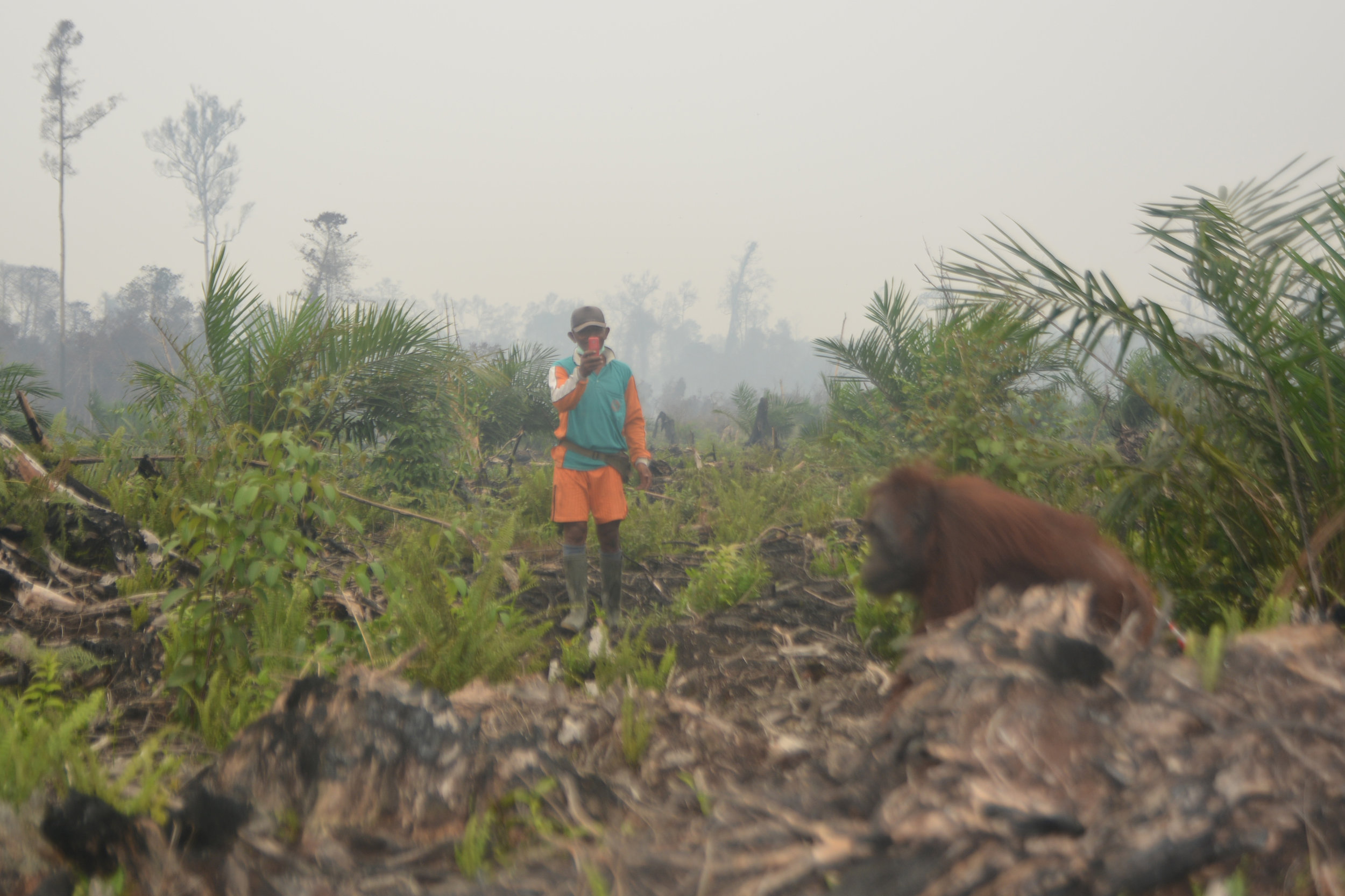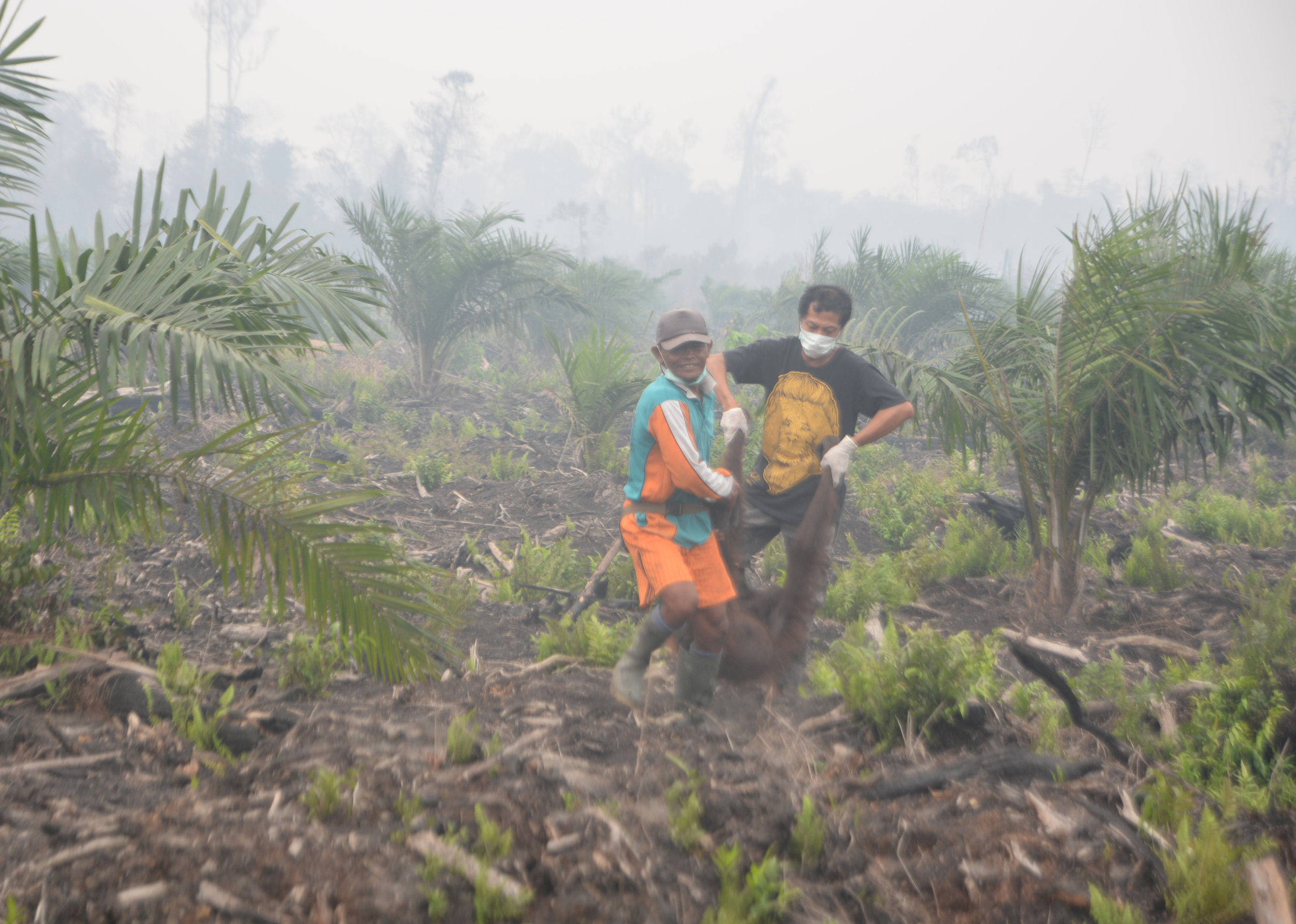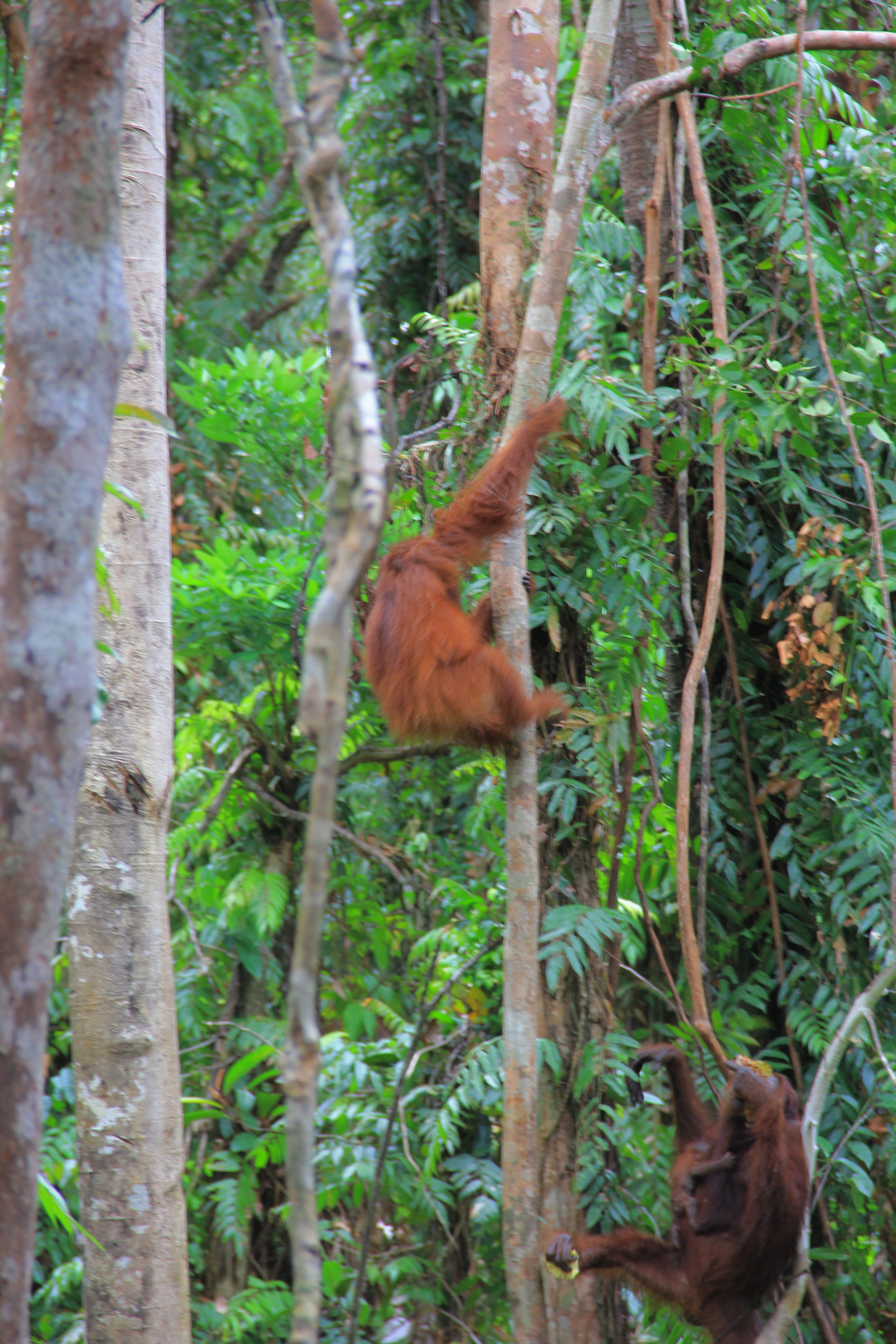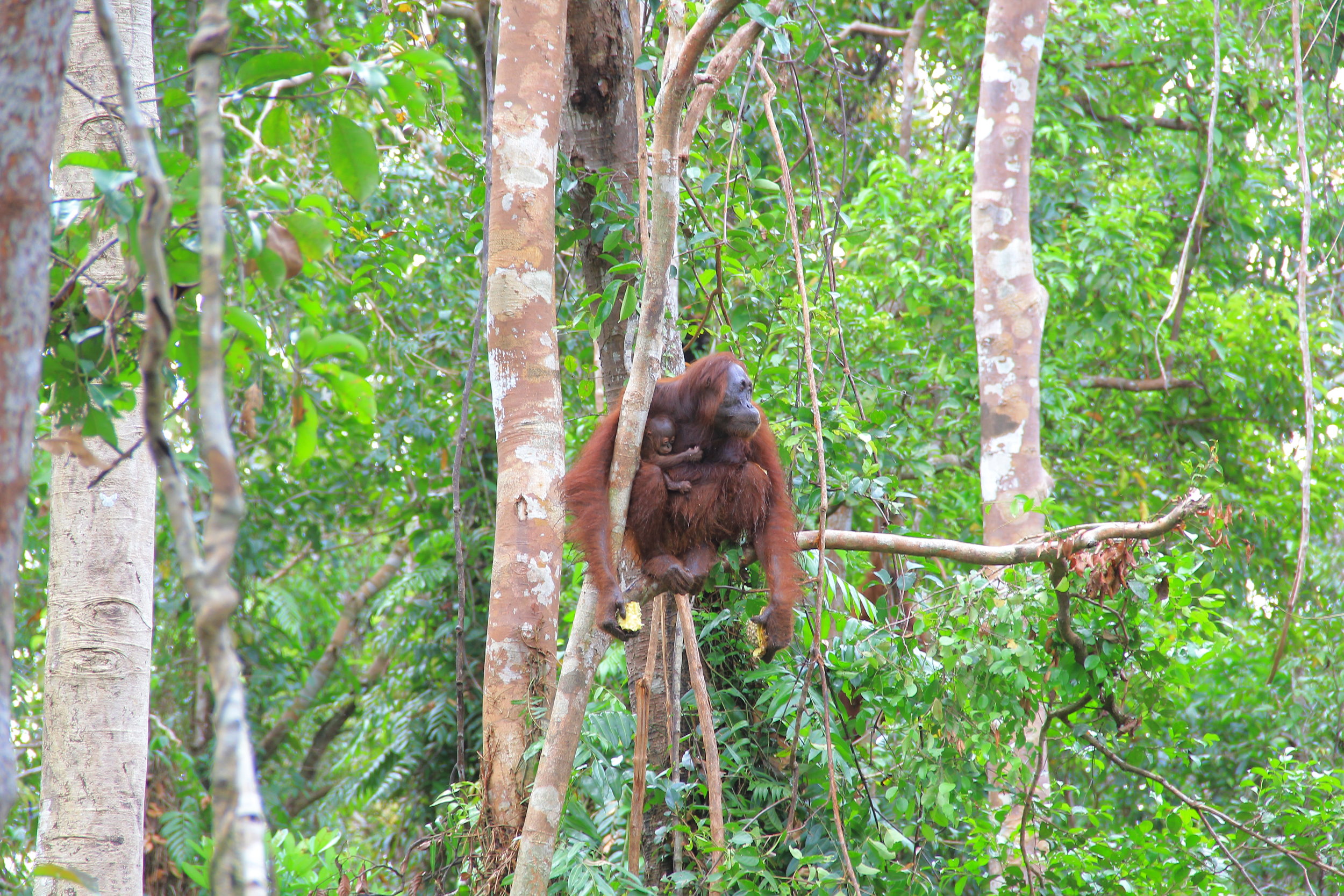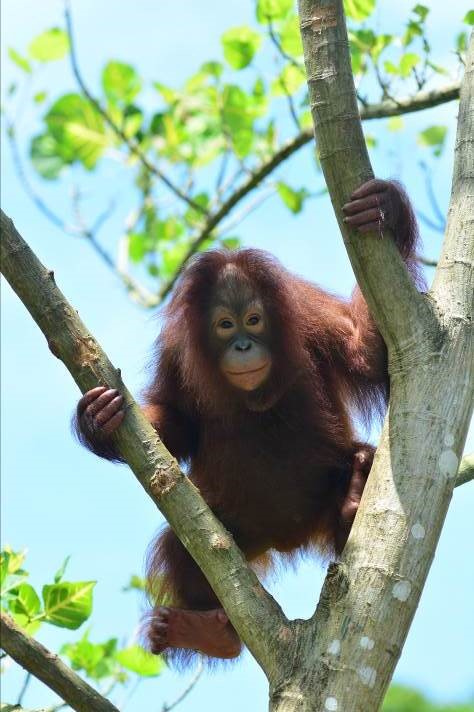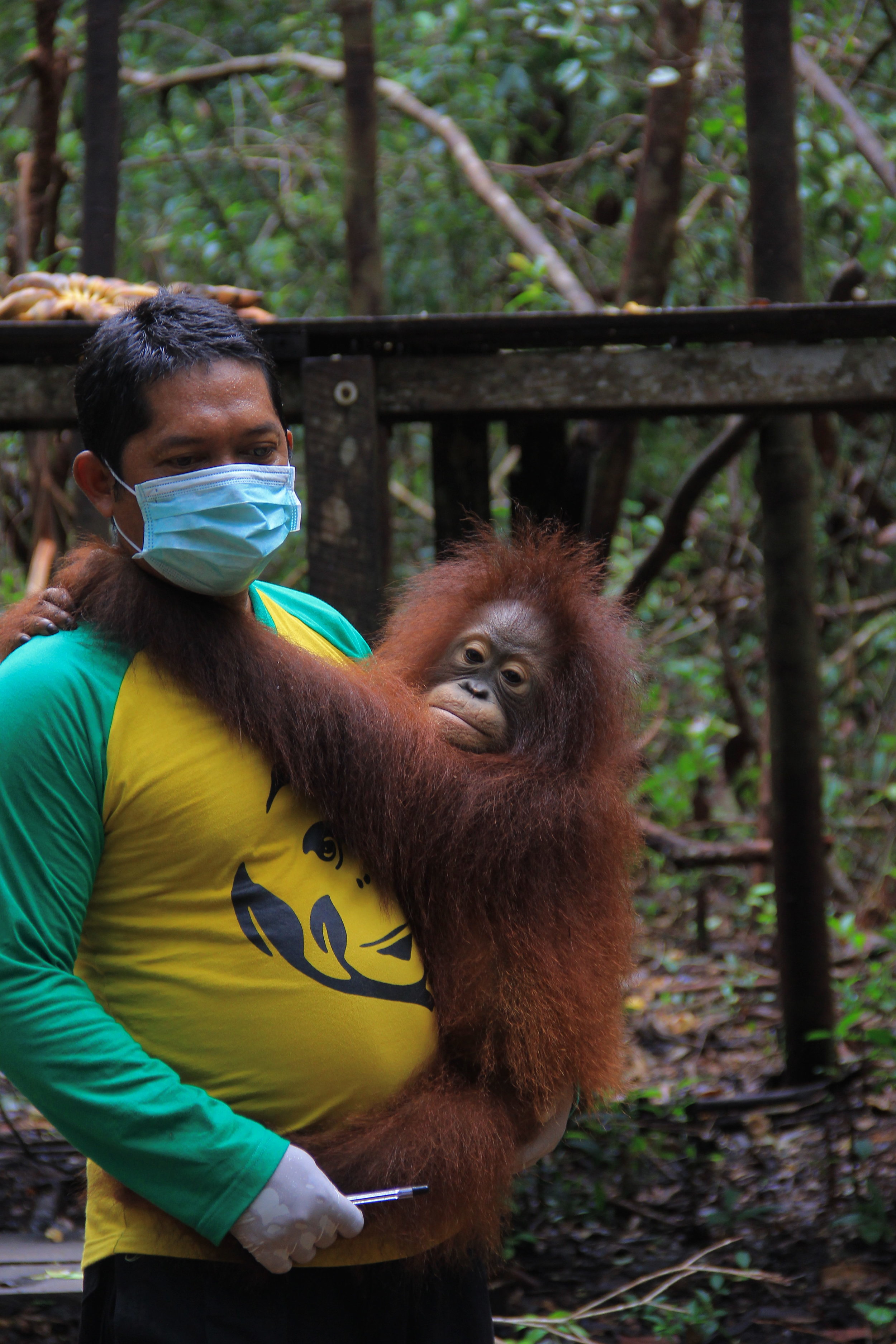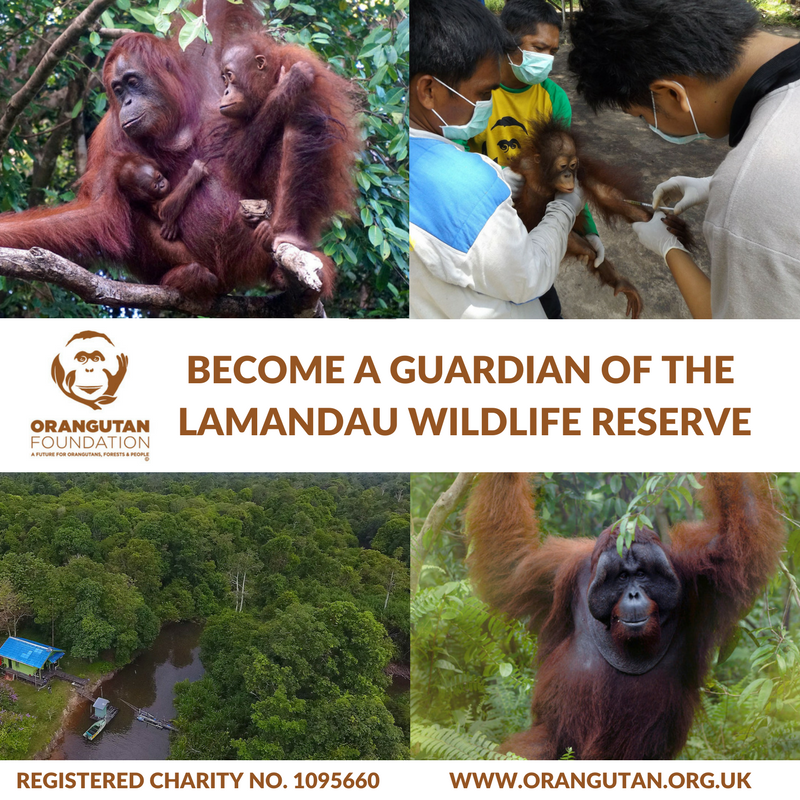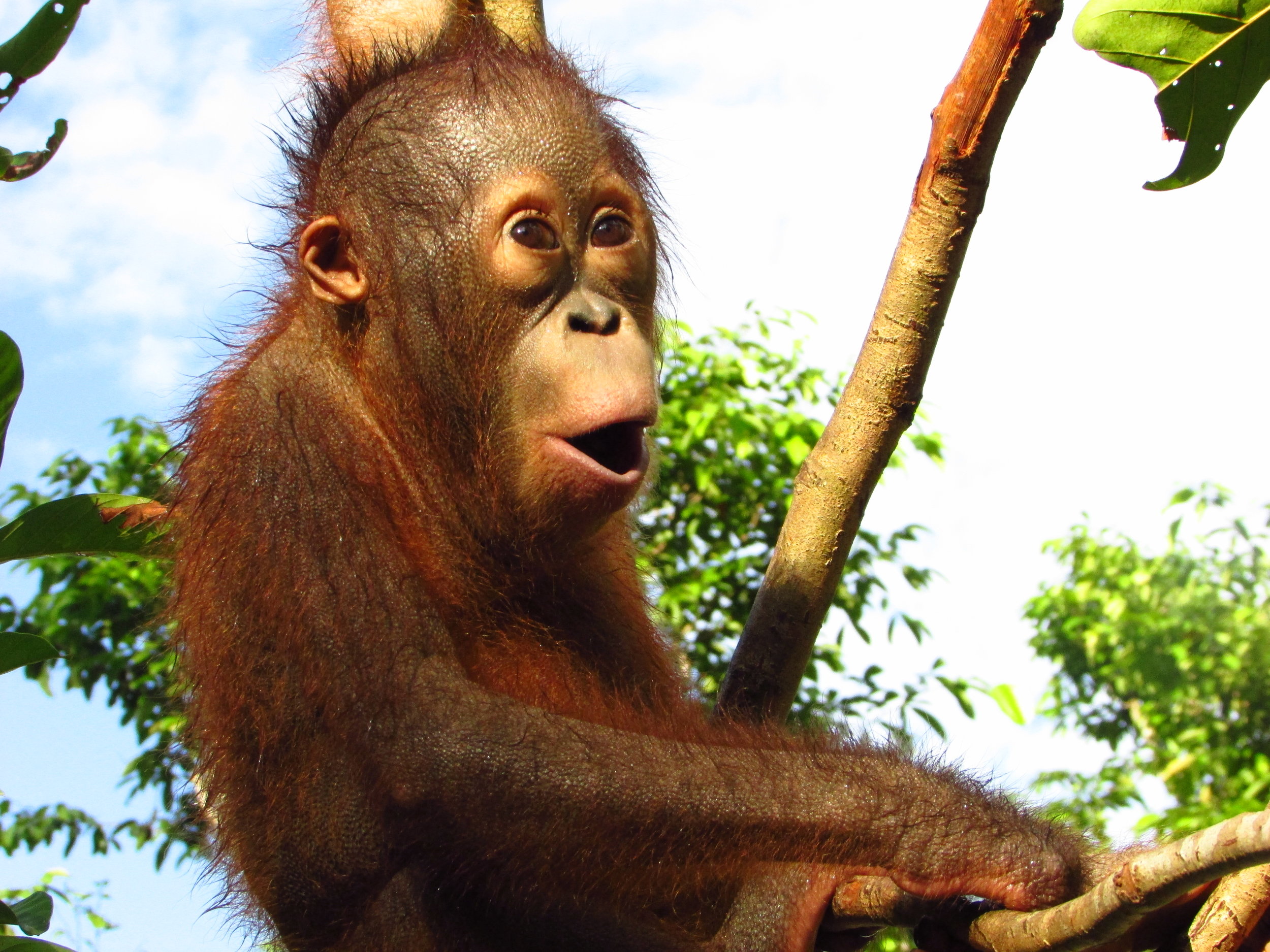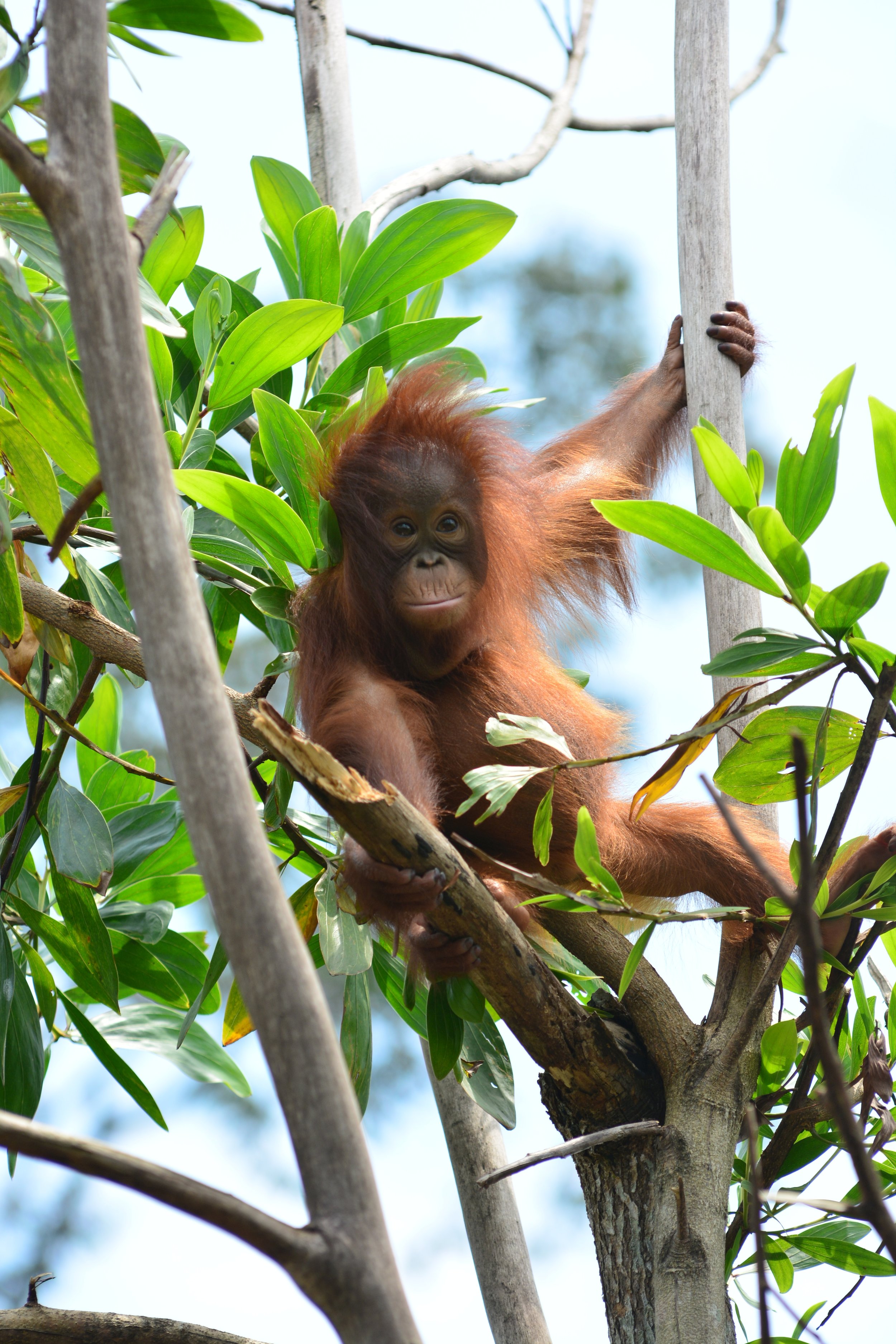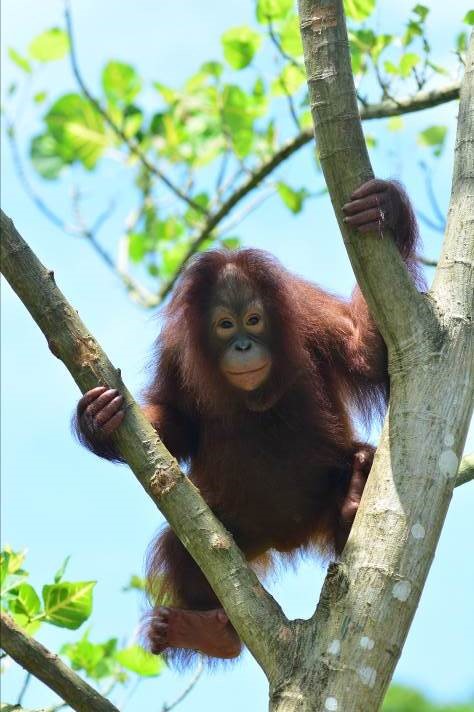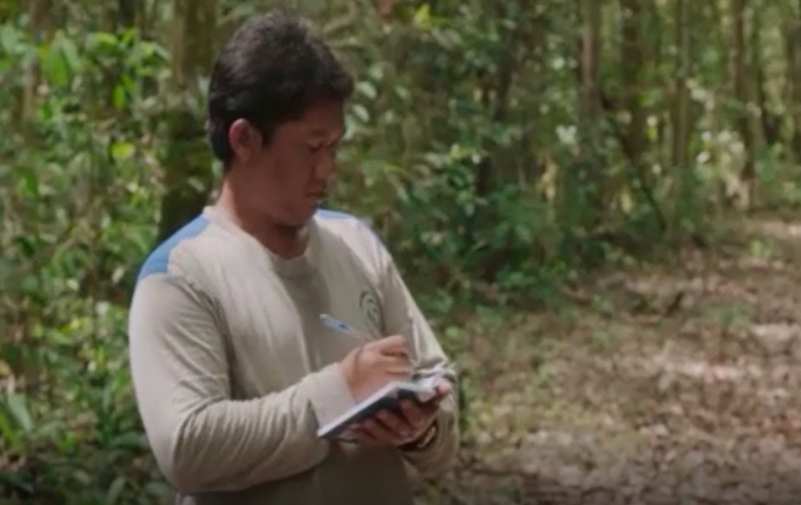When our staff arrived at the oil-palm plantation they found the orangutan in an area of forest, on the riverbank of the plantation. We had been called in to help by BKSDA SKW II Pangkalan Bun (government agency for wildlife) who had received reports from an oil-palm plantation of an orangutan in their plantation. It was decided to capture the orangutan and move her to the protected Lamandau Wildlife Reserve, to avoid potential conflict.
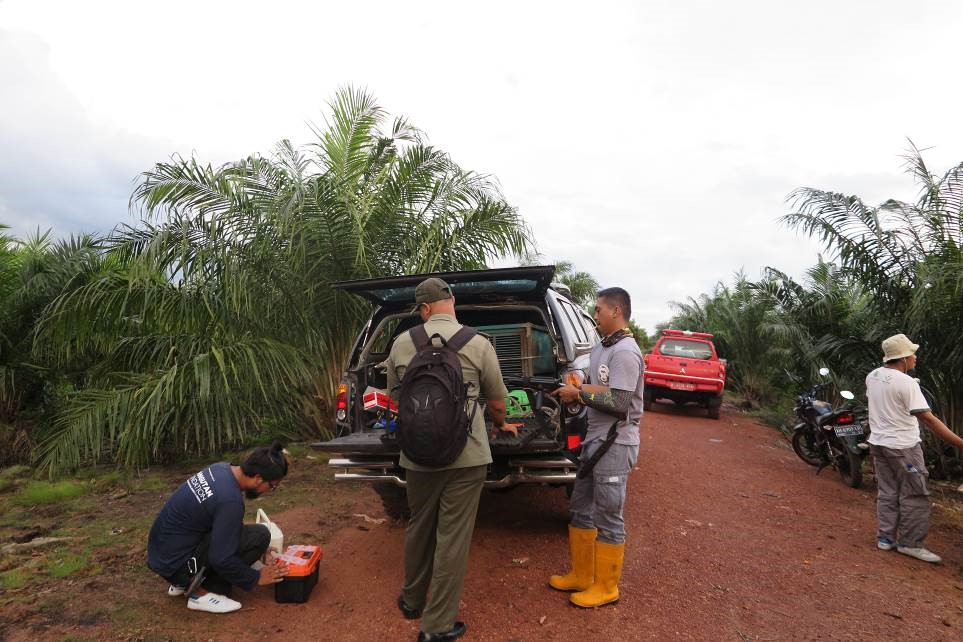
The orangutan, who they identified as female, had made and was resting in a nest. This made it easier to dart her as she wasn’t moving.
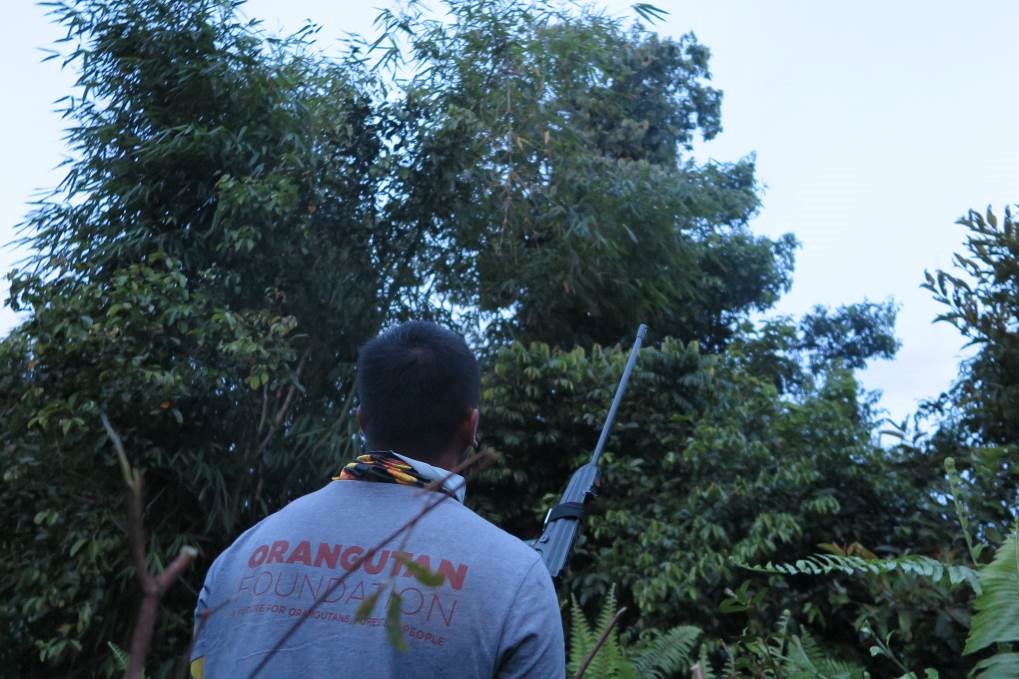
What our staff hadn’t anticipated was that she might just remain where she was and fall asleep, making it very difficult to then rescue her. This is just what happened!
One of our rescue team staff, Mr Nasibah, also an expert tree climber, shinnied up the tree to the nest. With huge effort he managed to lower the unconscious orangutan out of her nest. Our staff on the ground, used netting to catch her, as she fell to the ground.
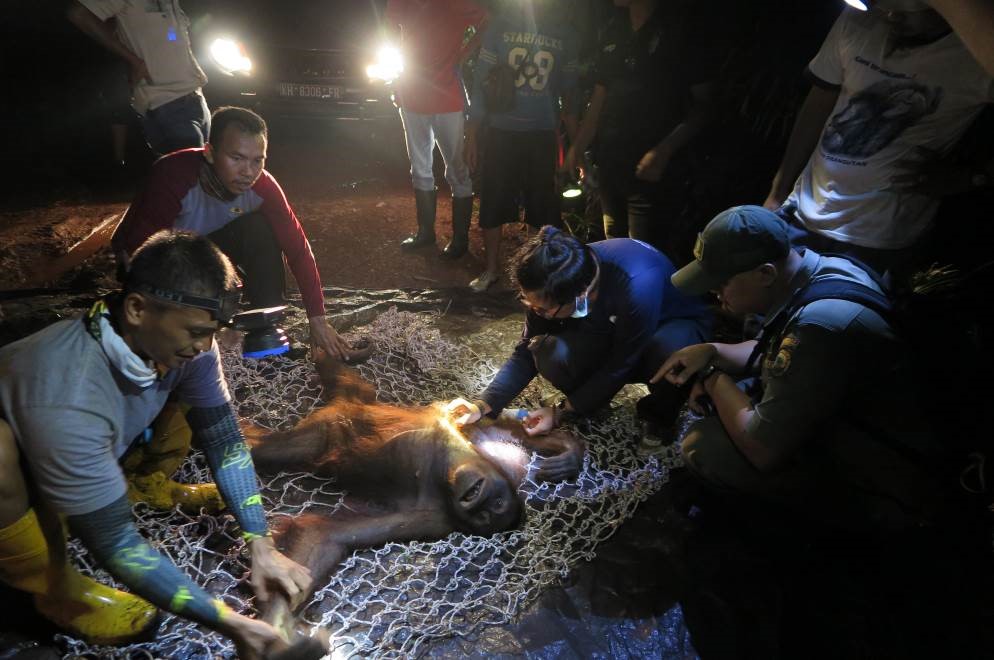
She was quickly transported to an open area where our vet Dr Dimas, examined her. Apart from a small scratch to her chest, she was in full health, weighing 45 kilos and was thought to be around 18 years-old. The scratch was cleaned and injected with long-acting antibiotics to prevent infection.
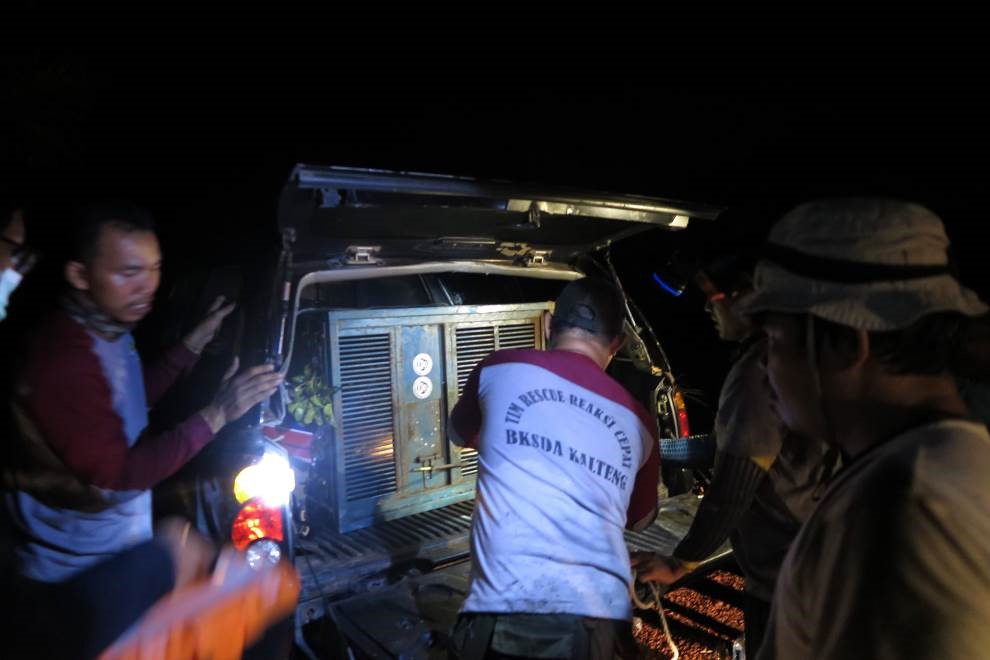
Two days later the orangutan was released in the Lamandau Widlife Reserve, on the opposite side of the river from Camp JL. We protect this forest reserve with guard posts and regular forest patrols to prevent and deter illegal activities.

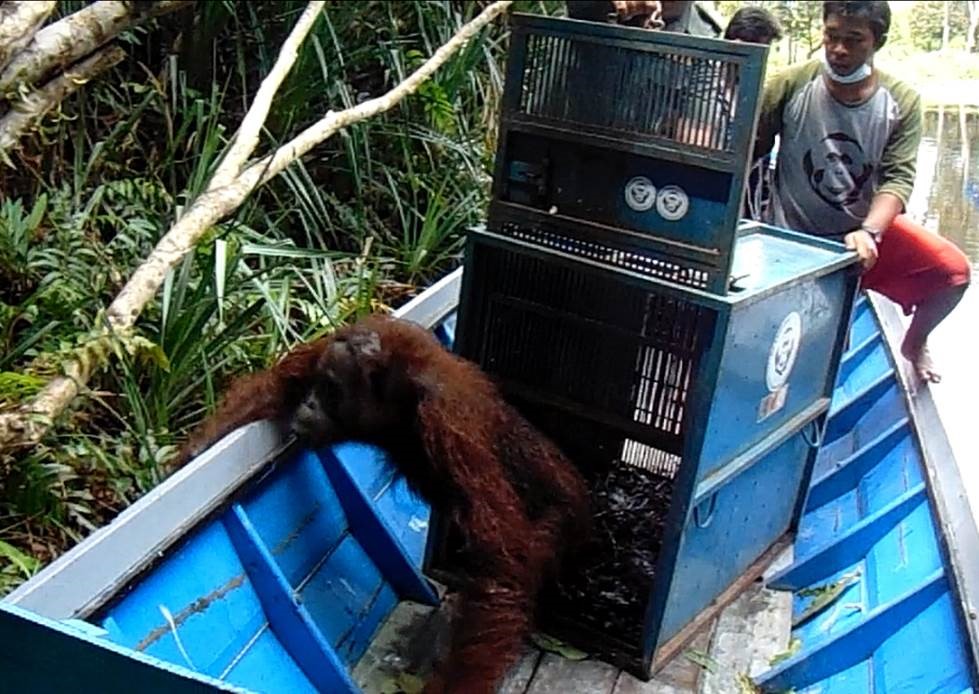
As soon as the transport cage door was opened she actively climbed into the nearby trees and disappeared into the forest.This, we hope, is her last encounter with humans.

The Lamandau Wildlife Reserve totals 158,144 acres of tropical forest and is home to a population of more than 500 orangutans. Half of these were reintroduced or translocated and given a second chance of survival in the wild. We must make sure they are stay safe. Please donate to our urgent appeal – DONATE TODAY


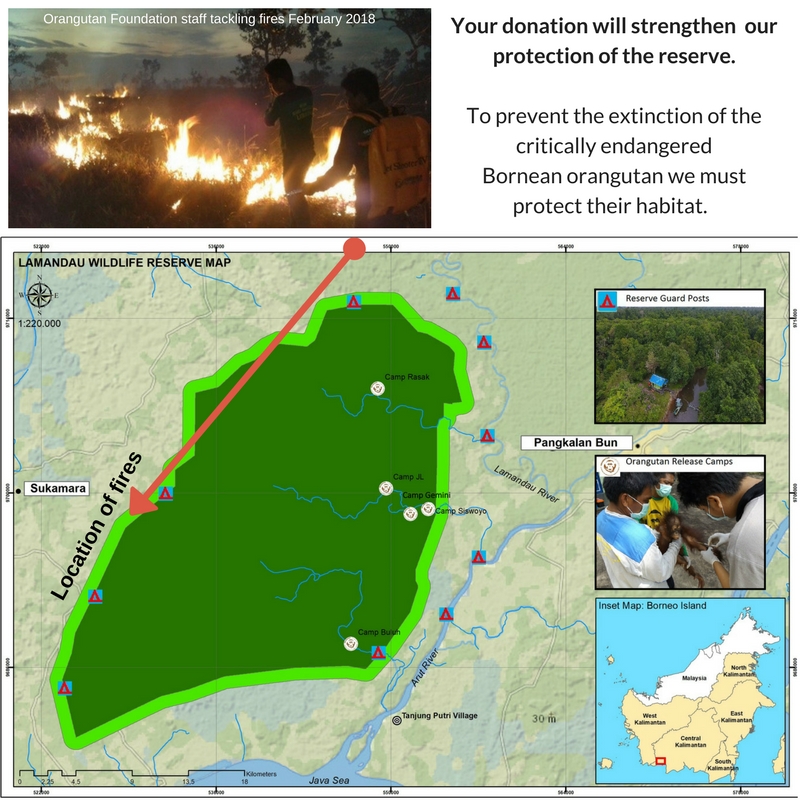
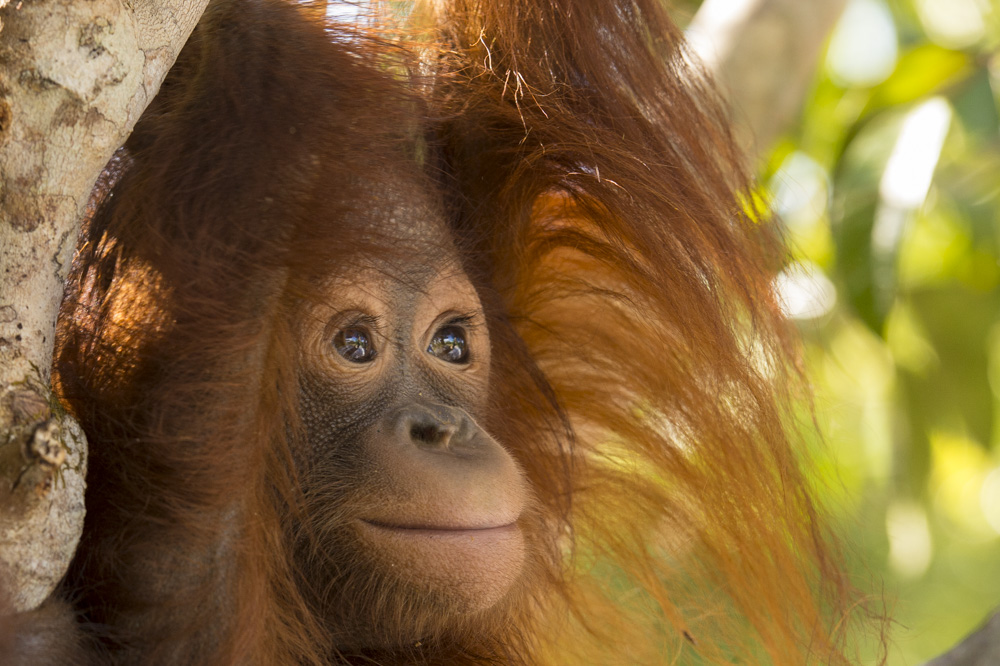
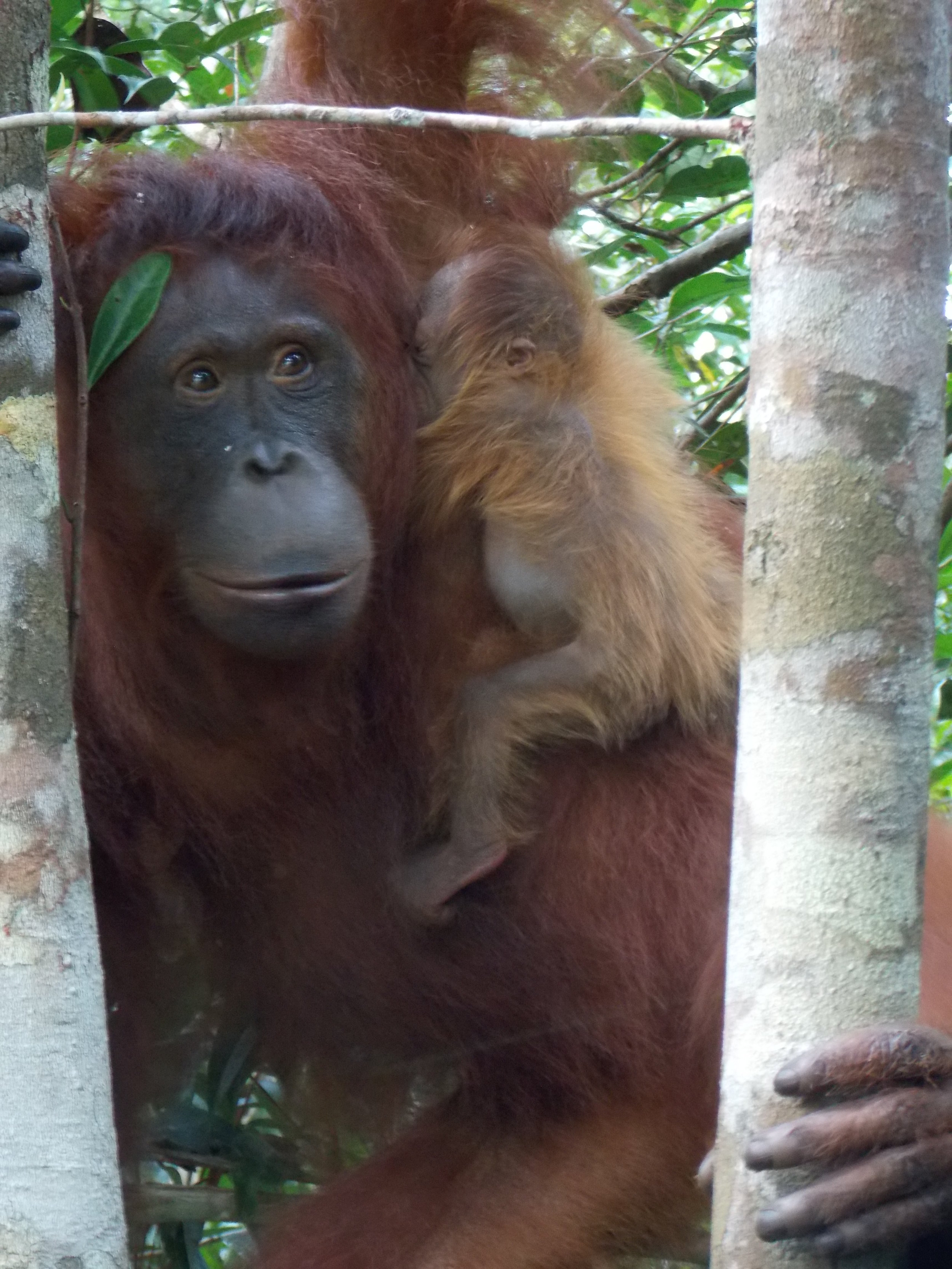
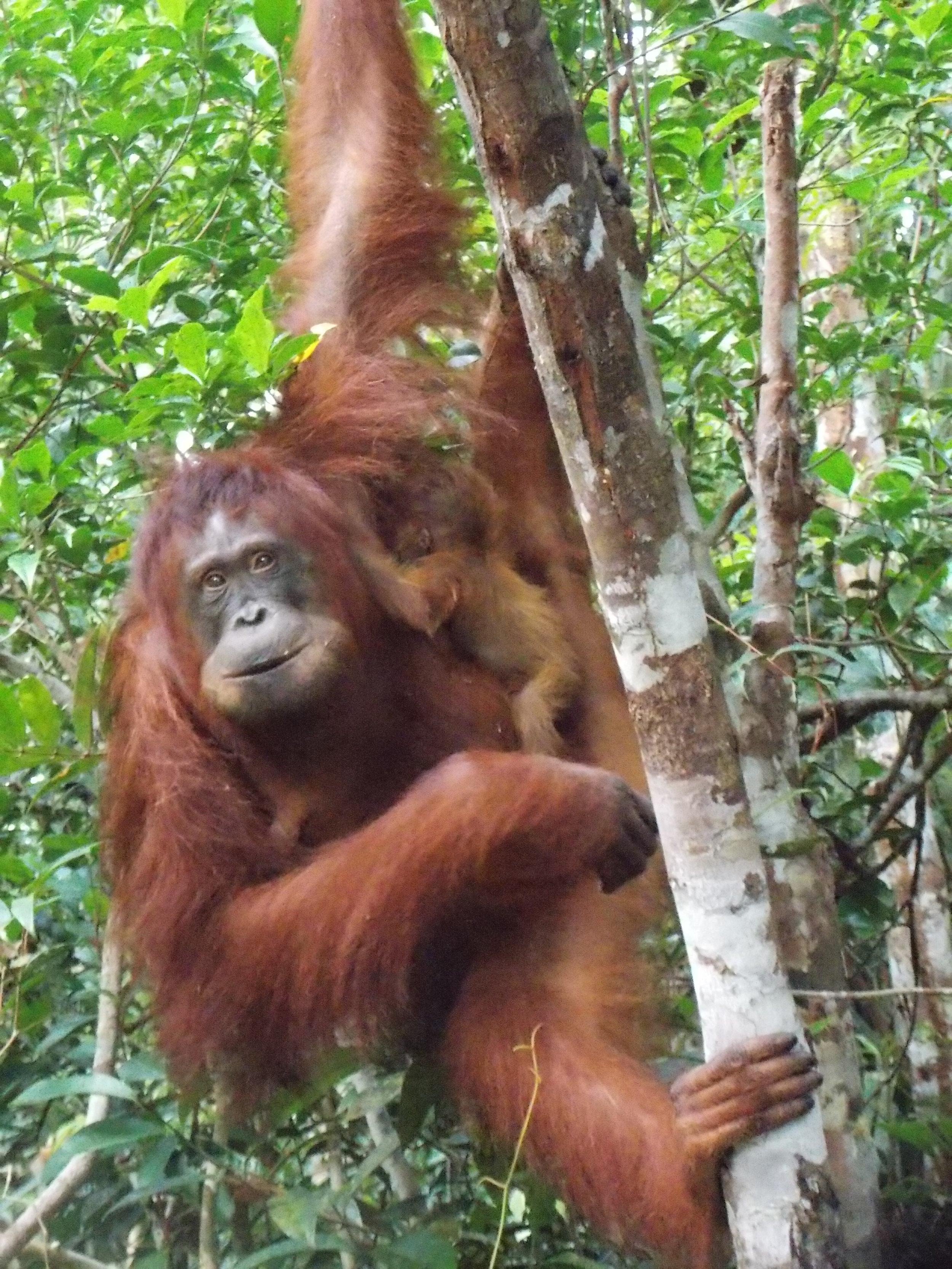
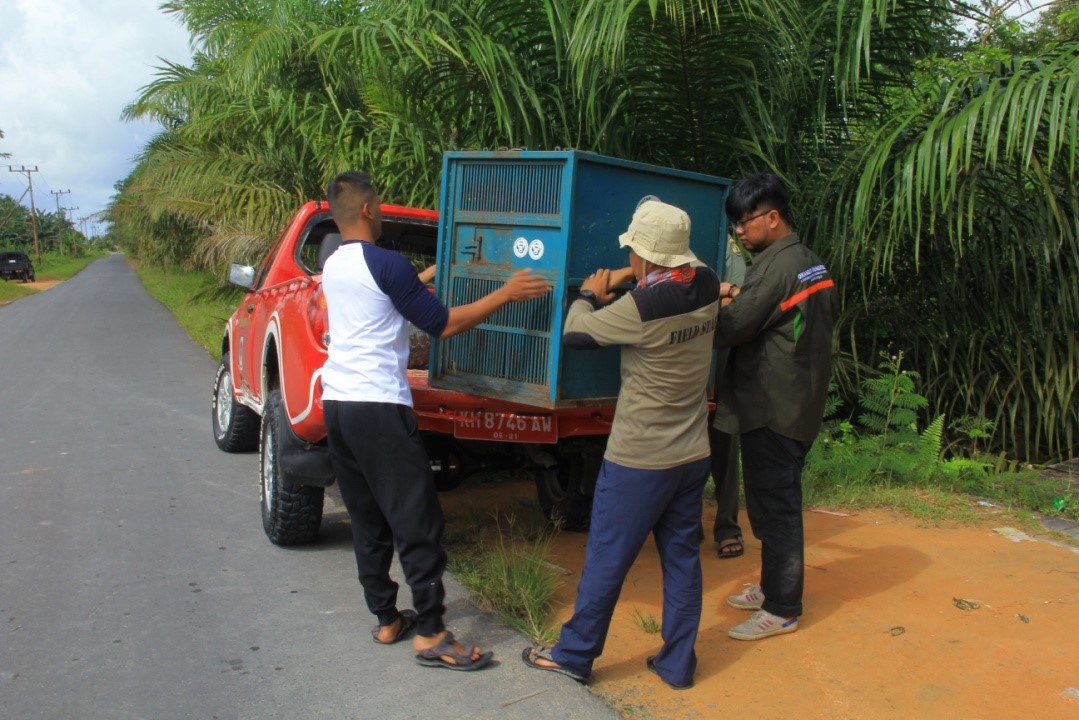
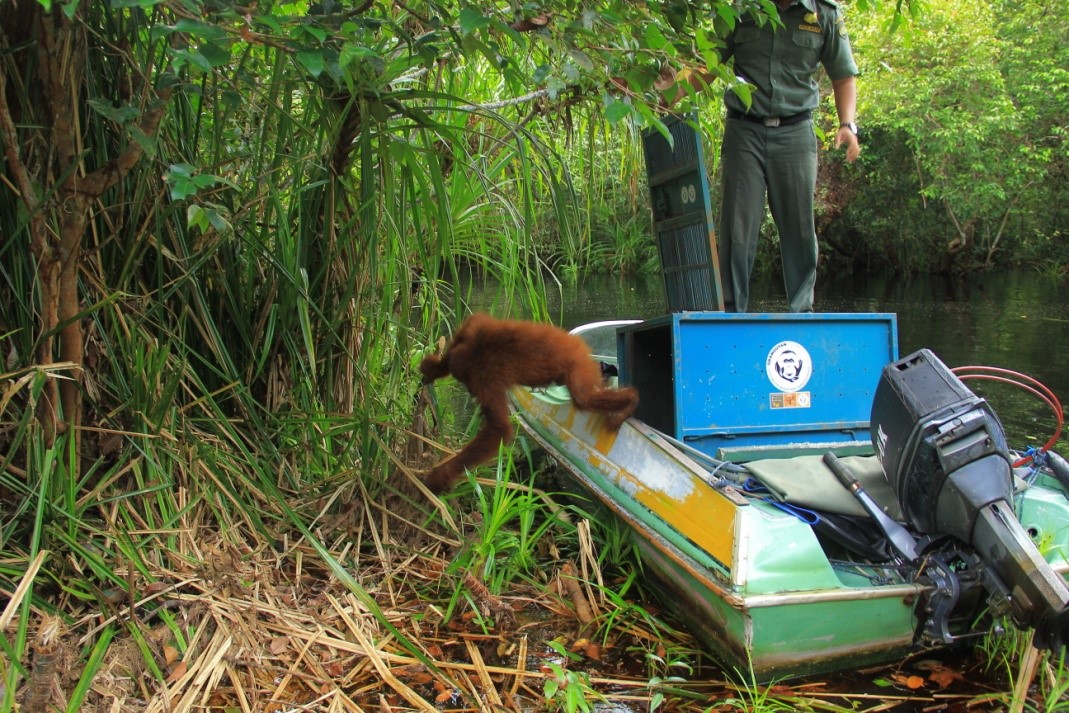
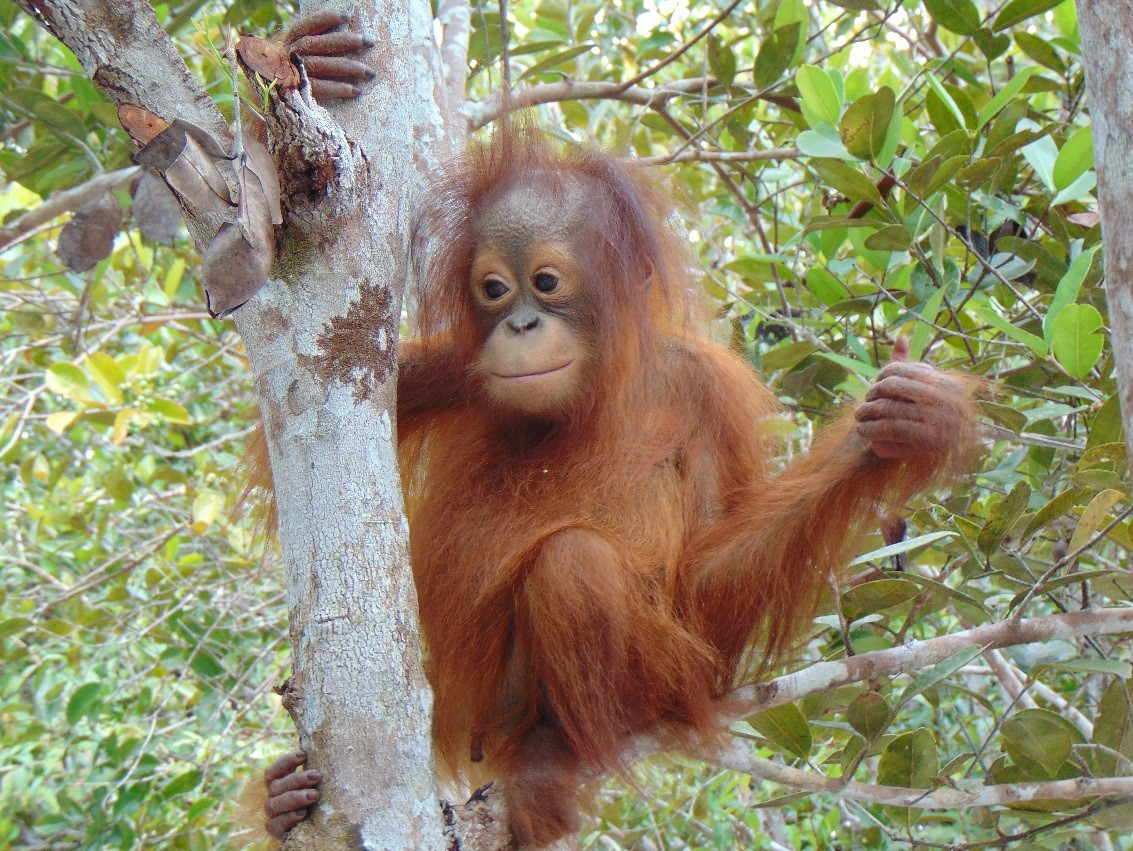


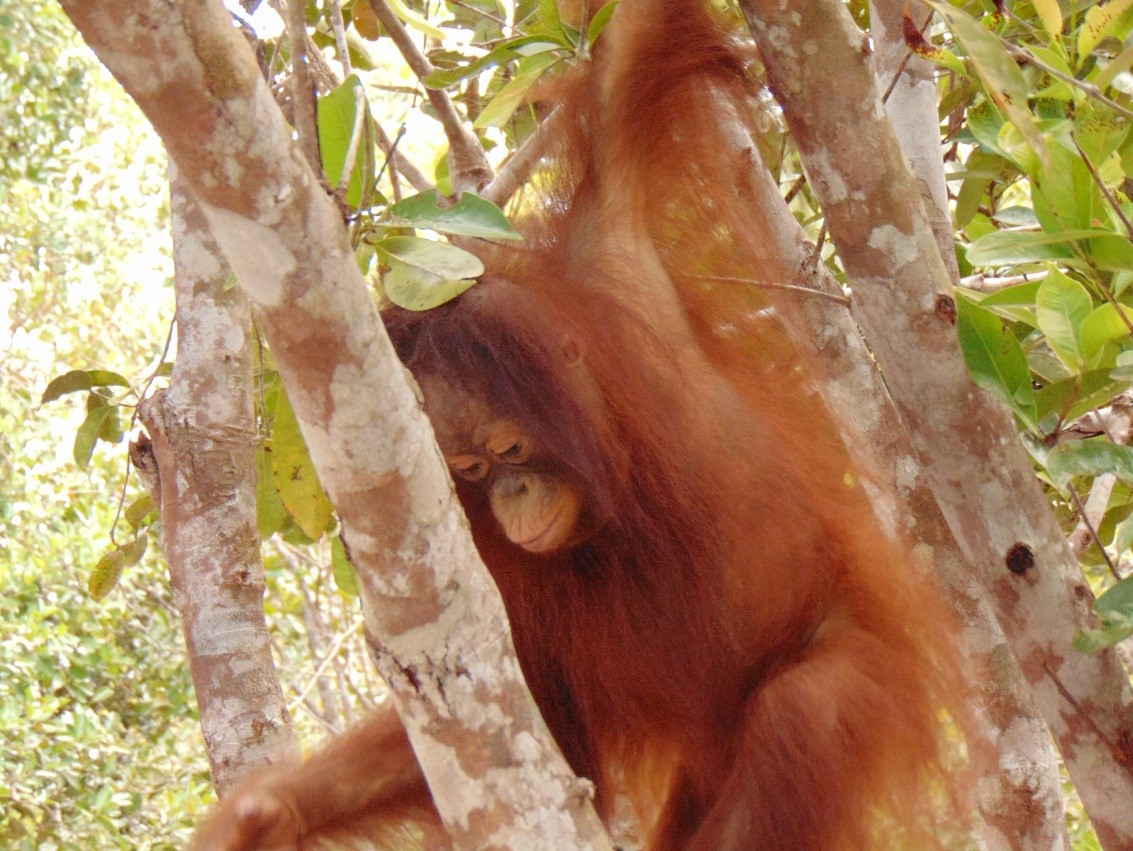

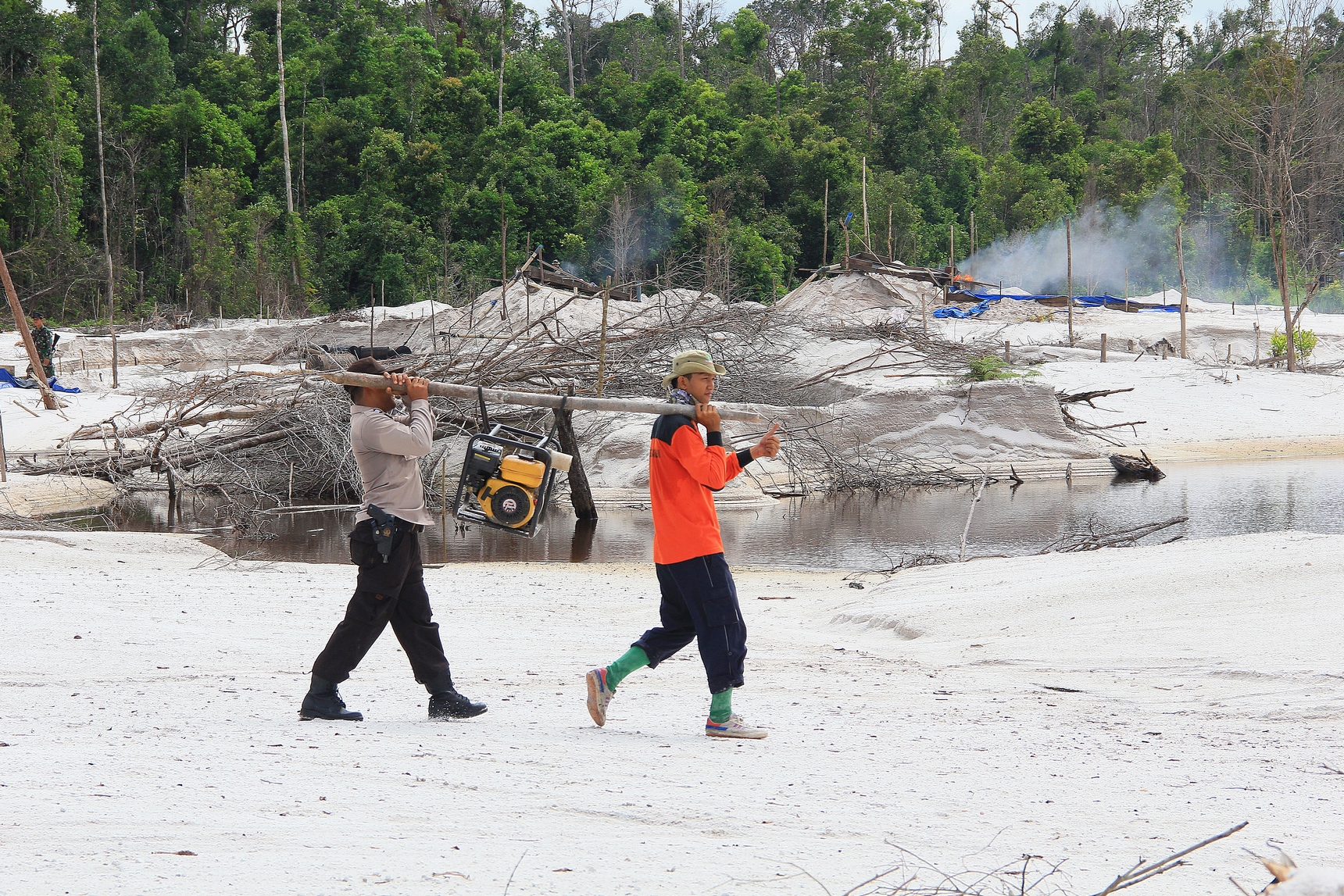
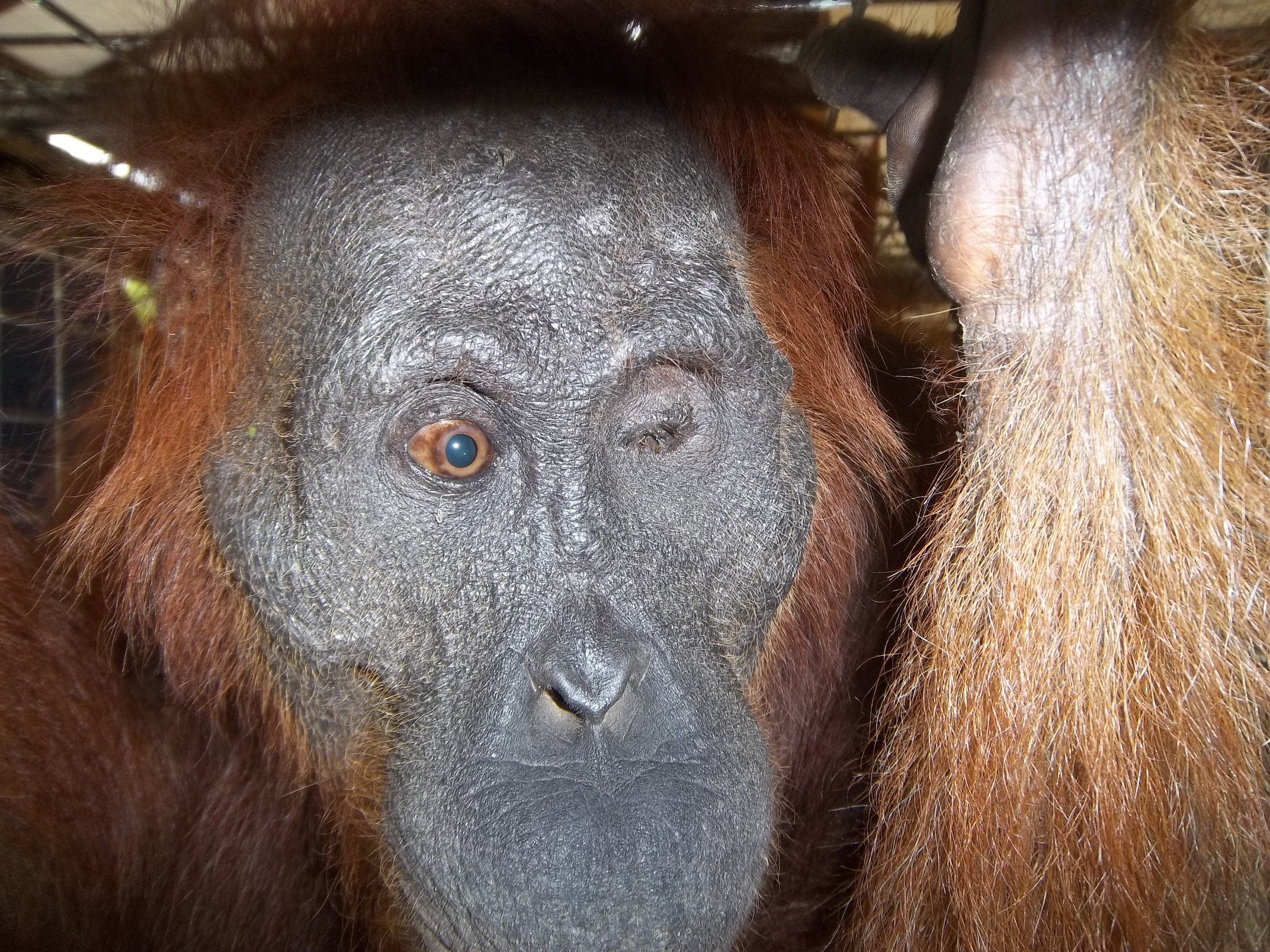
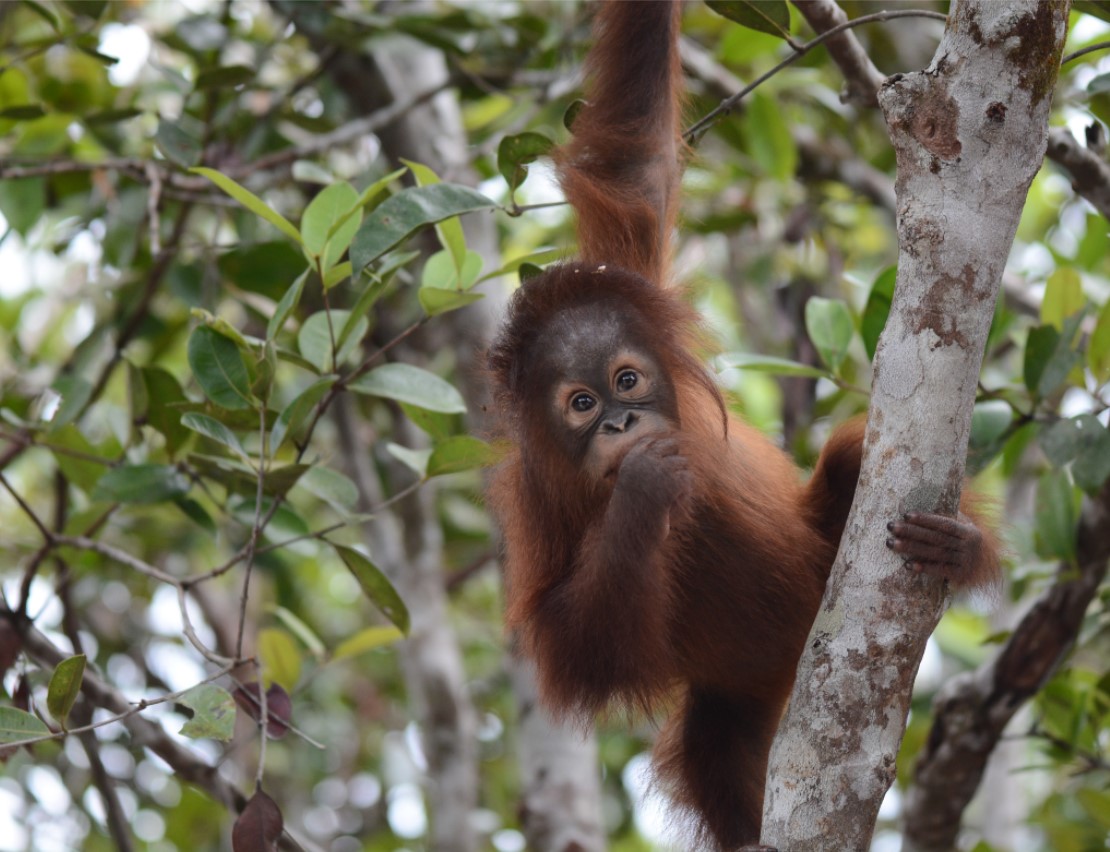
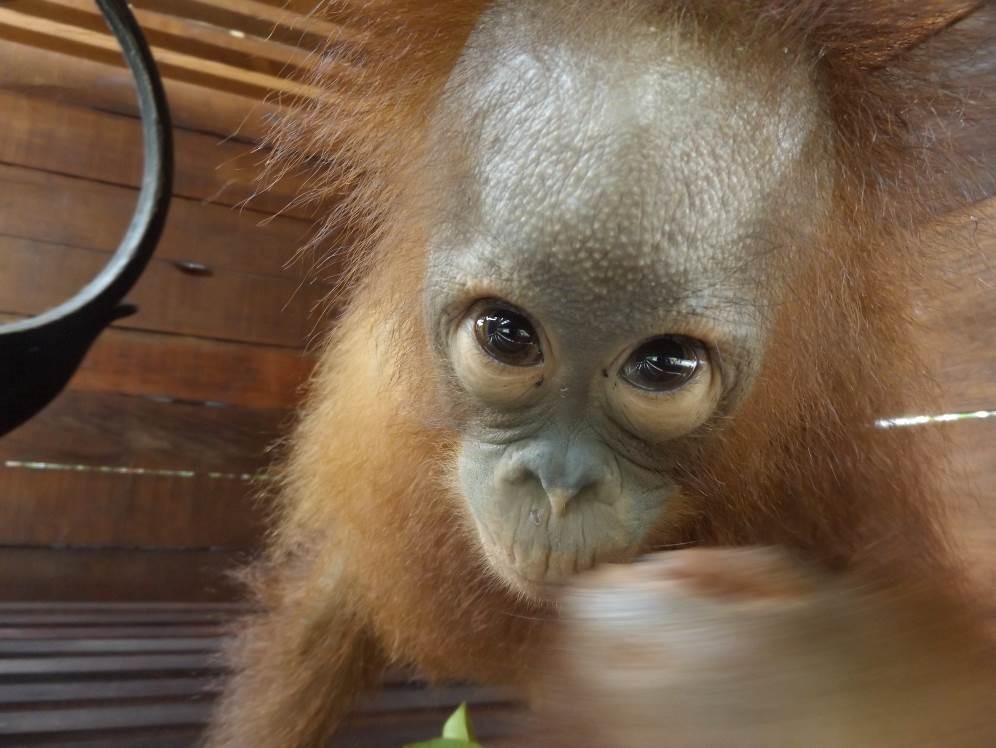
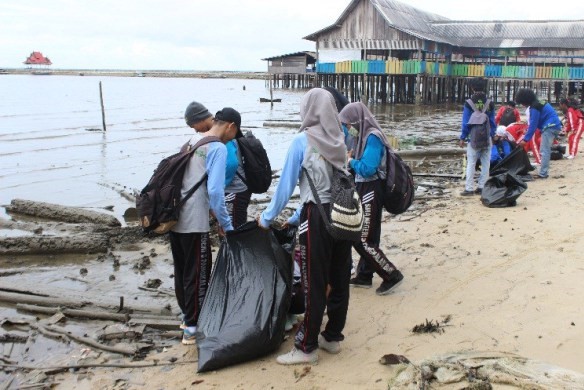
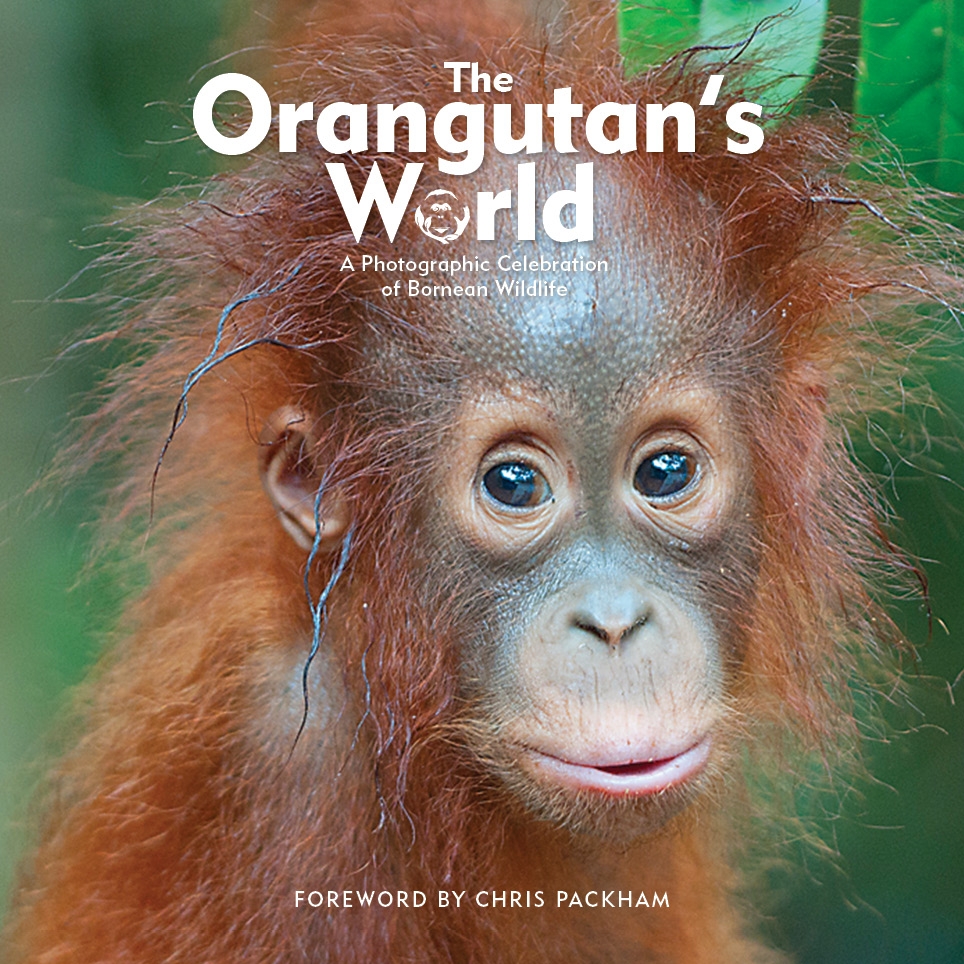
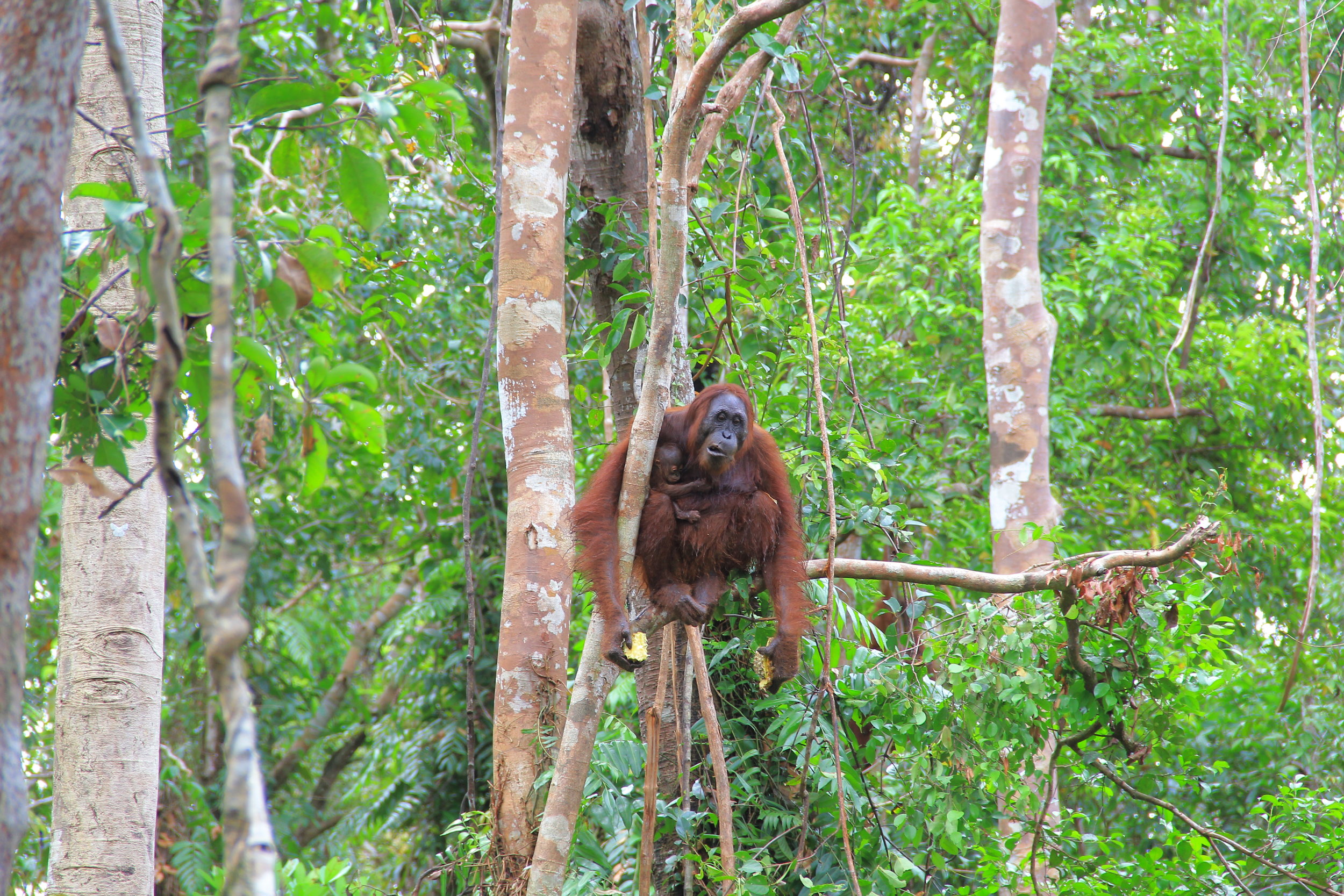
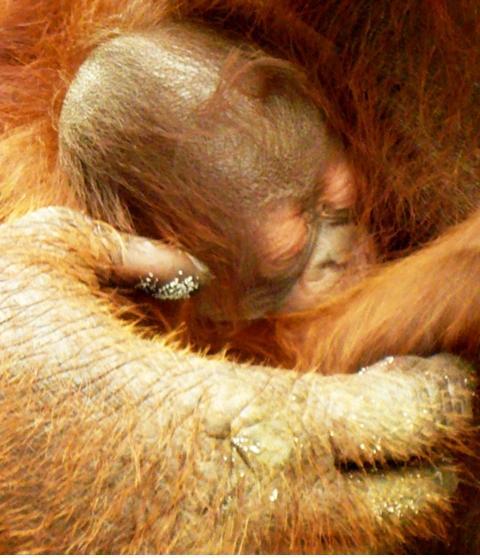
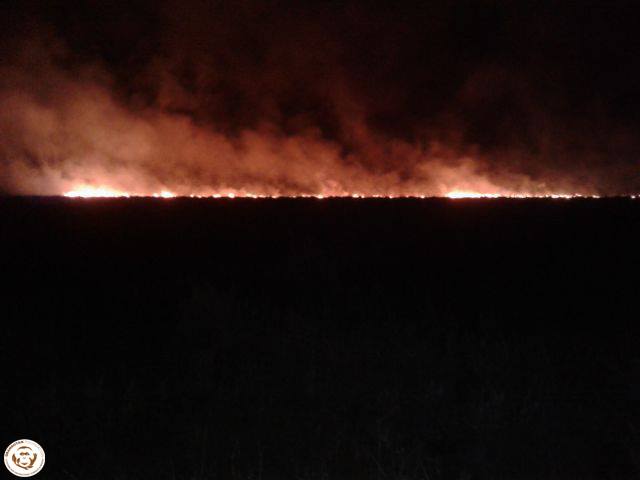
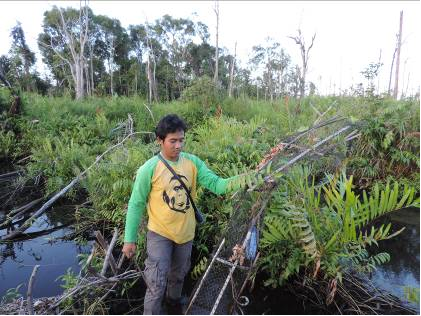
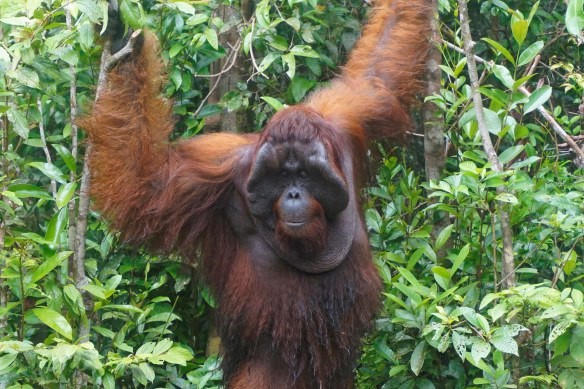
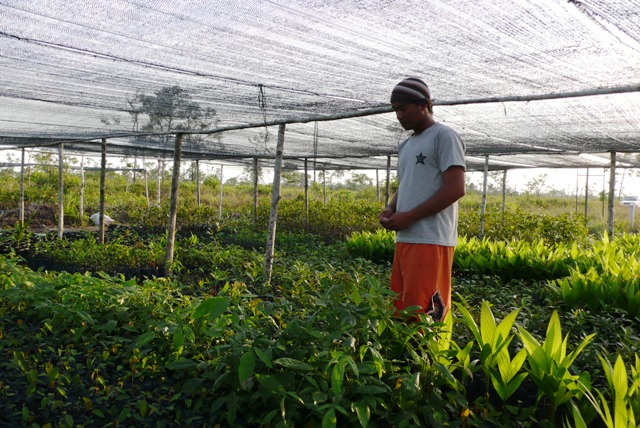
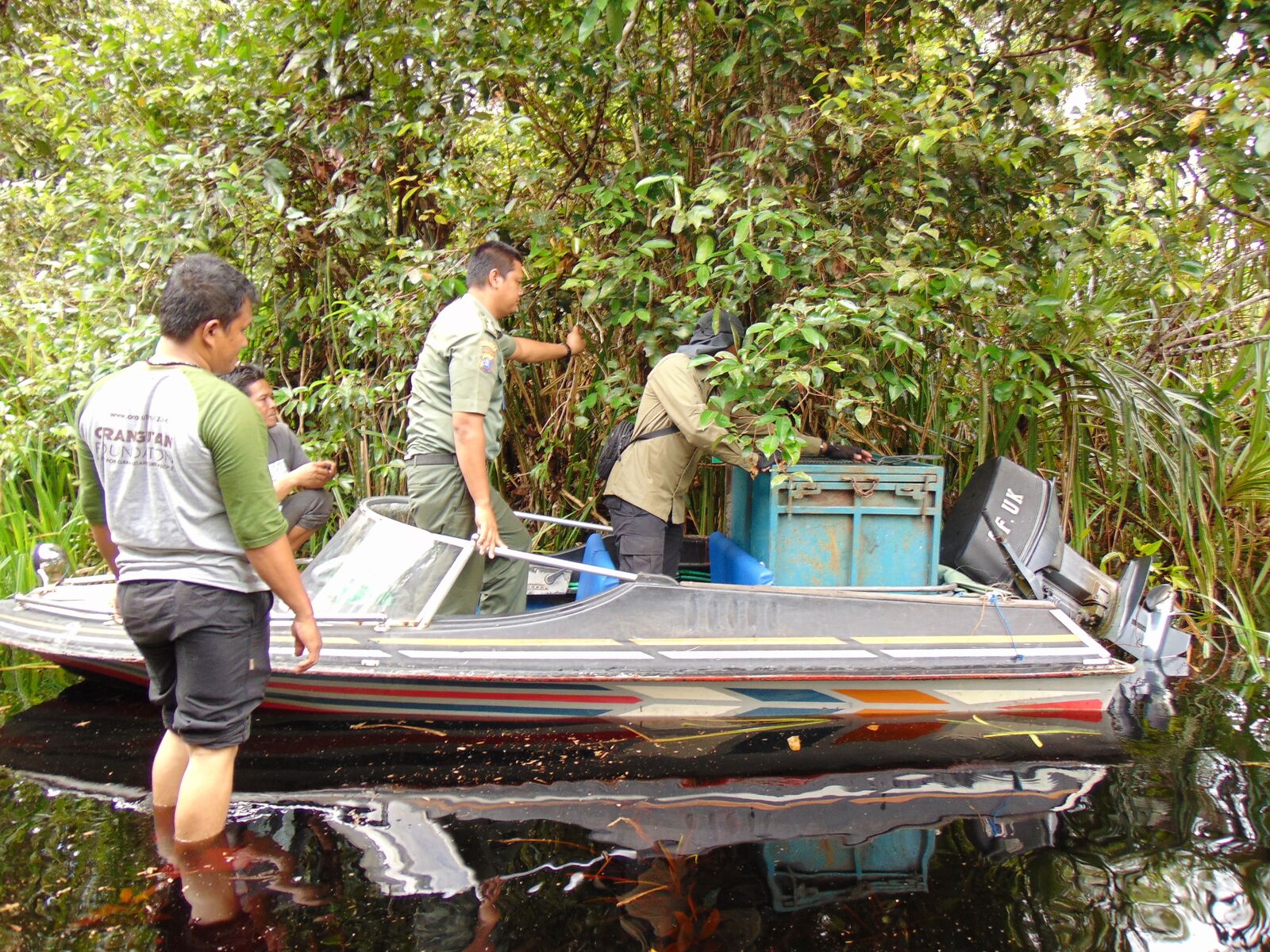
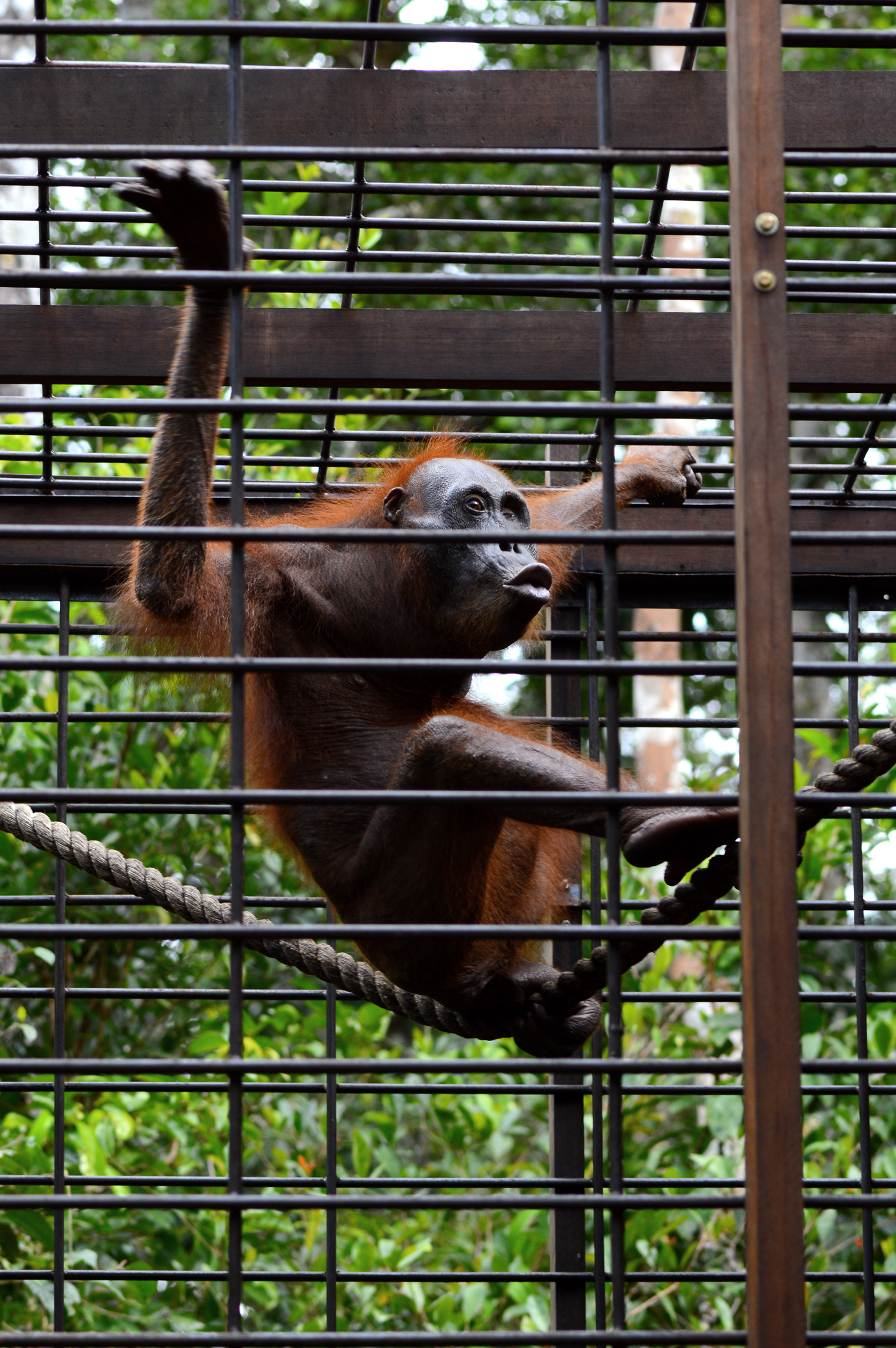
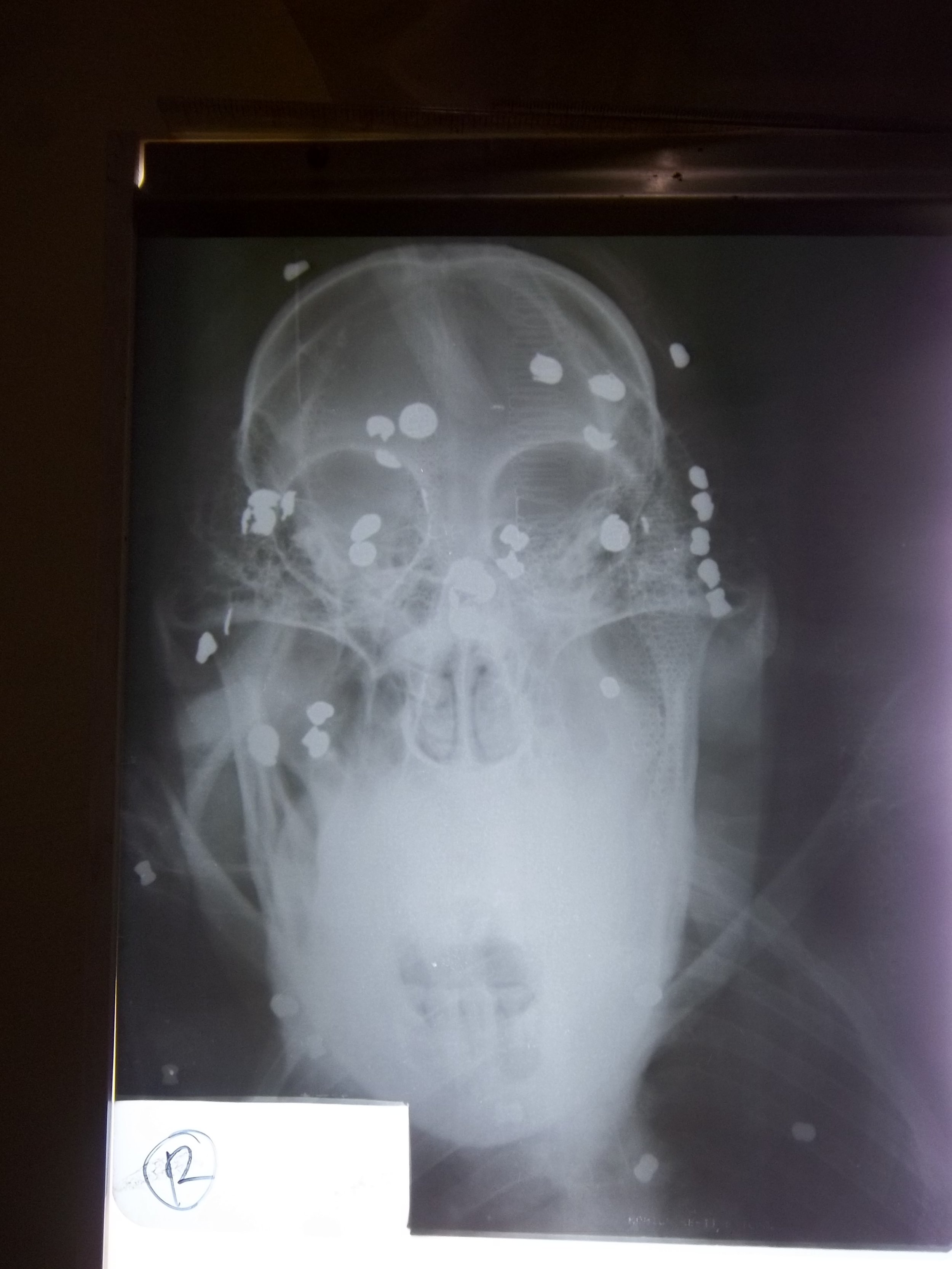
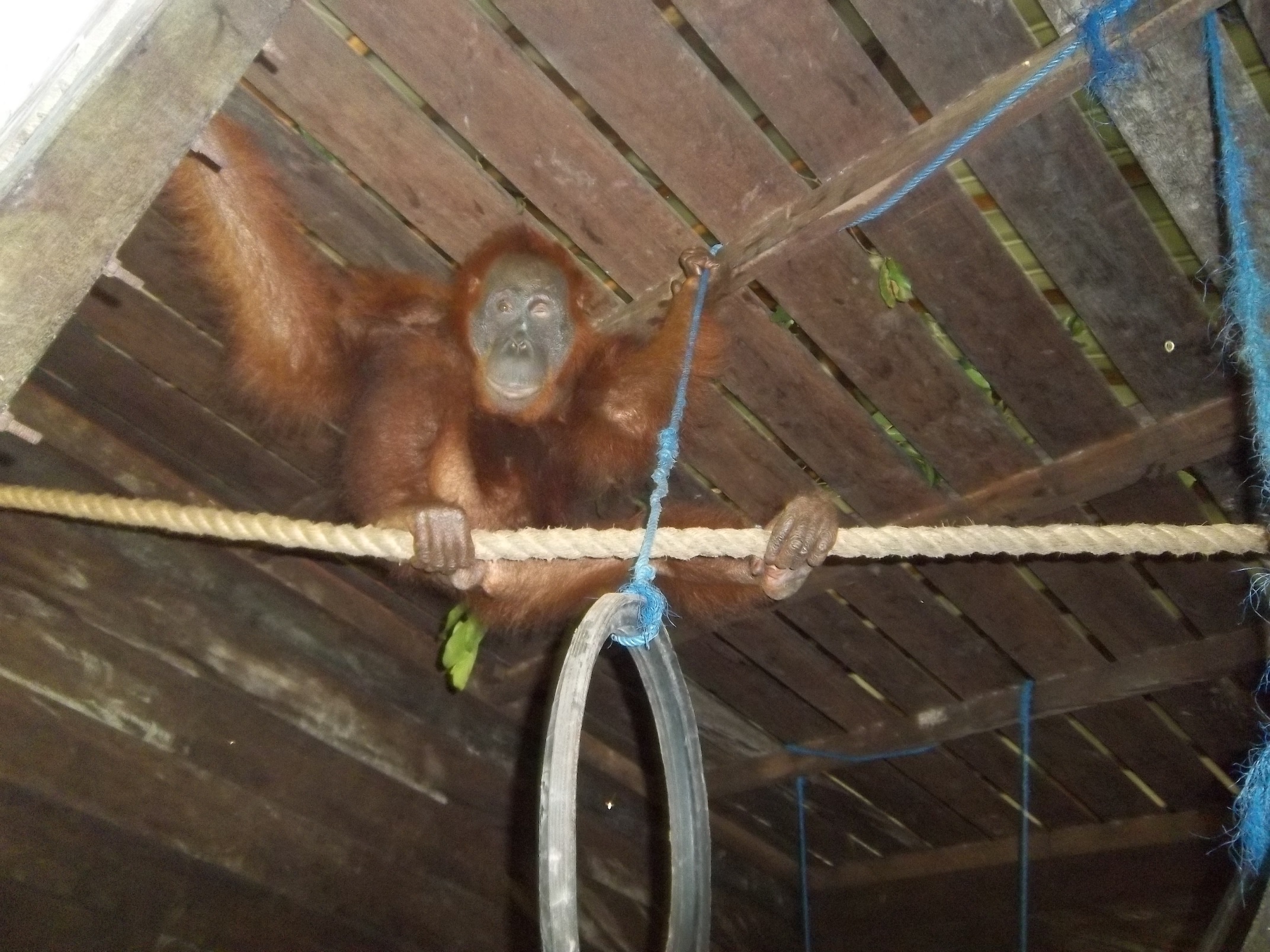
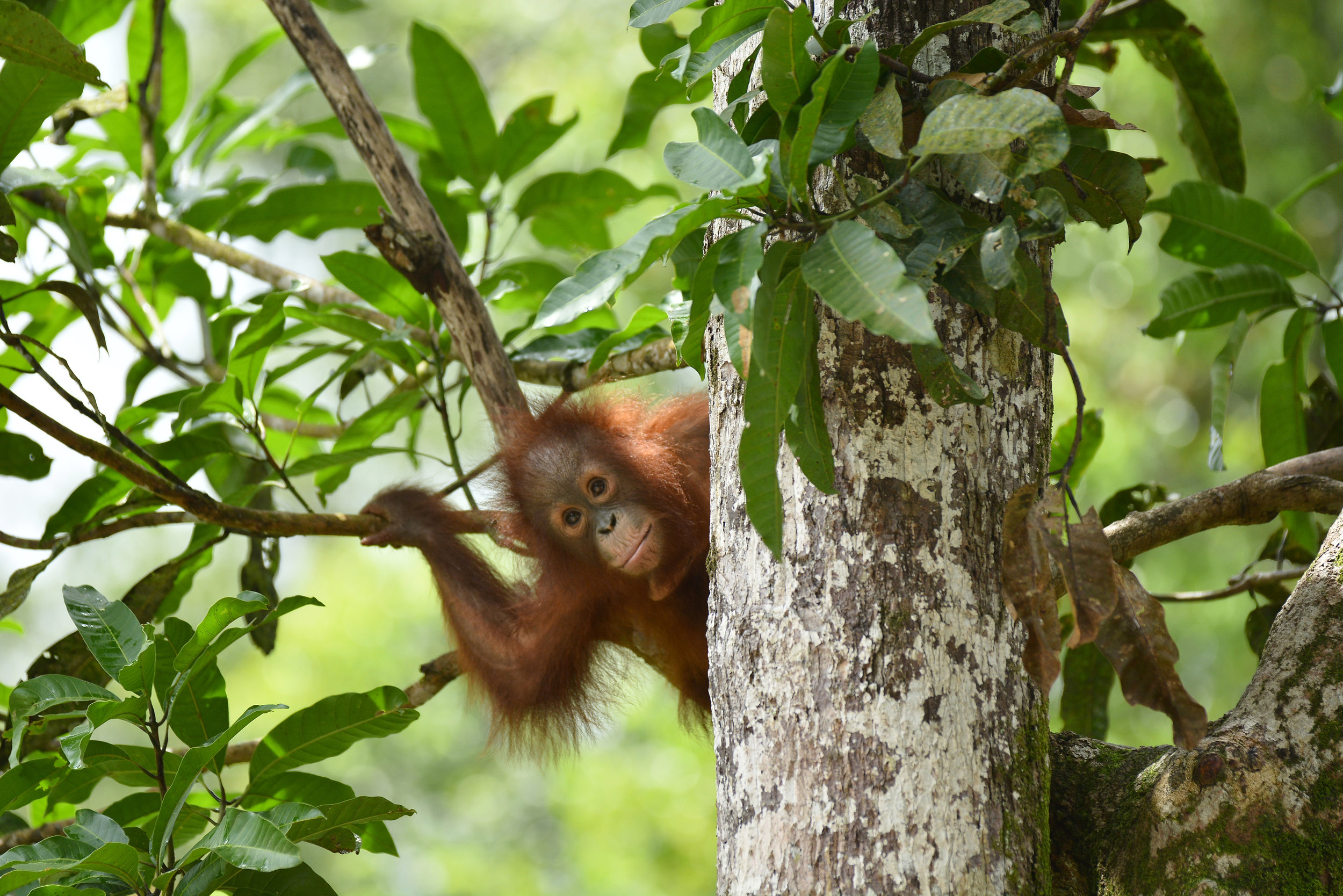
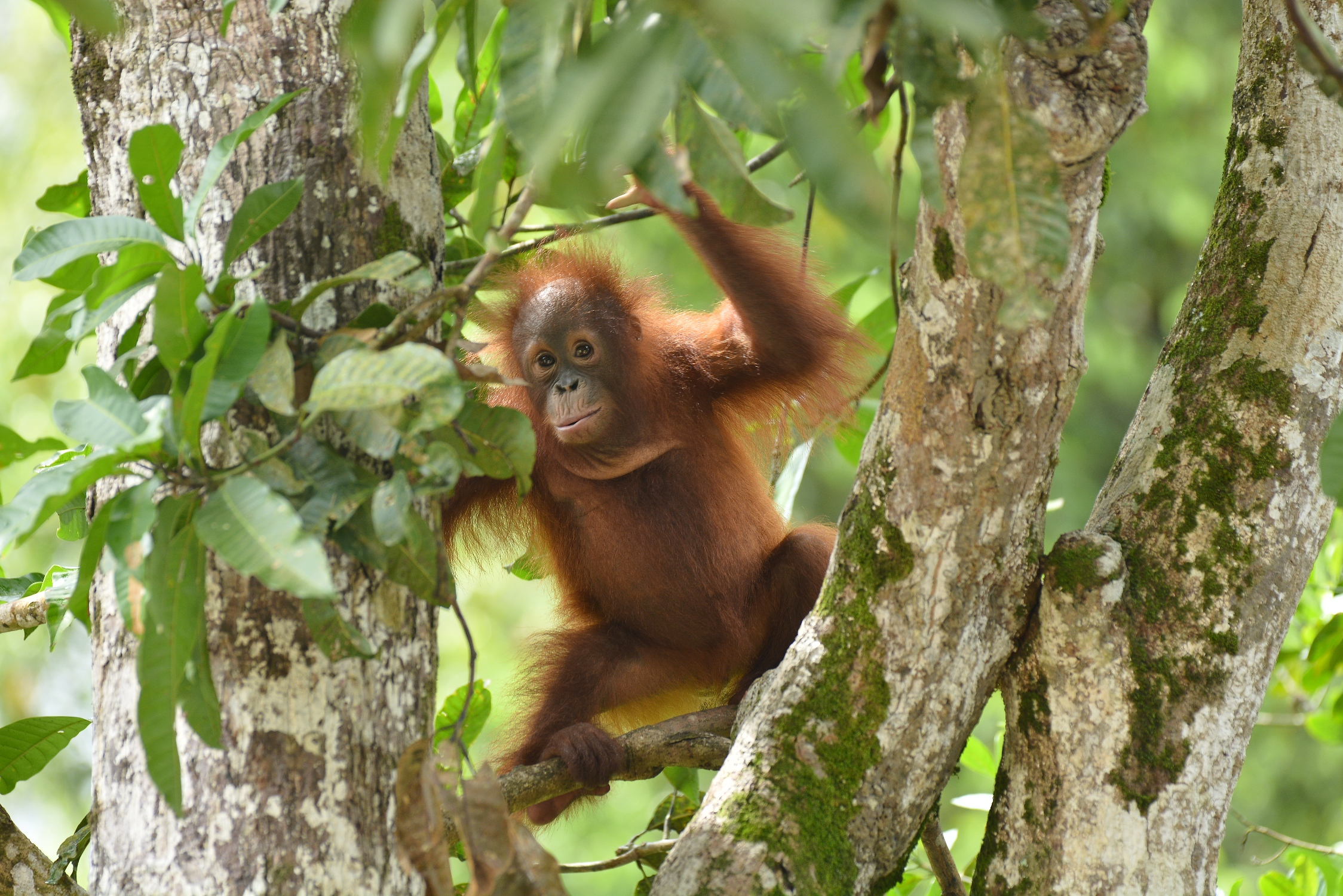
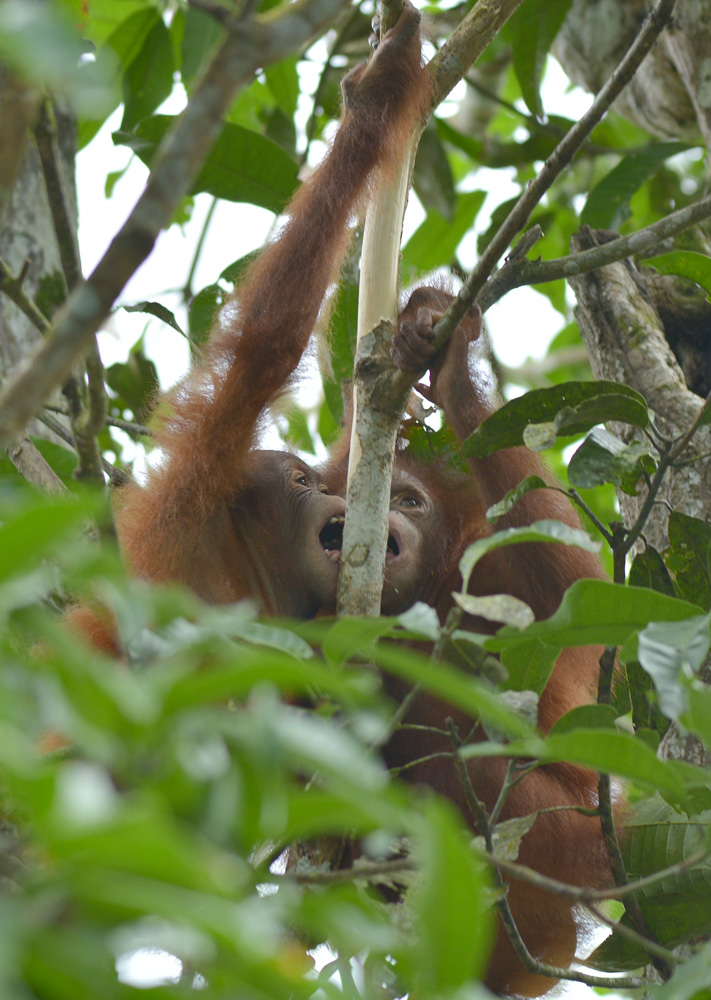
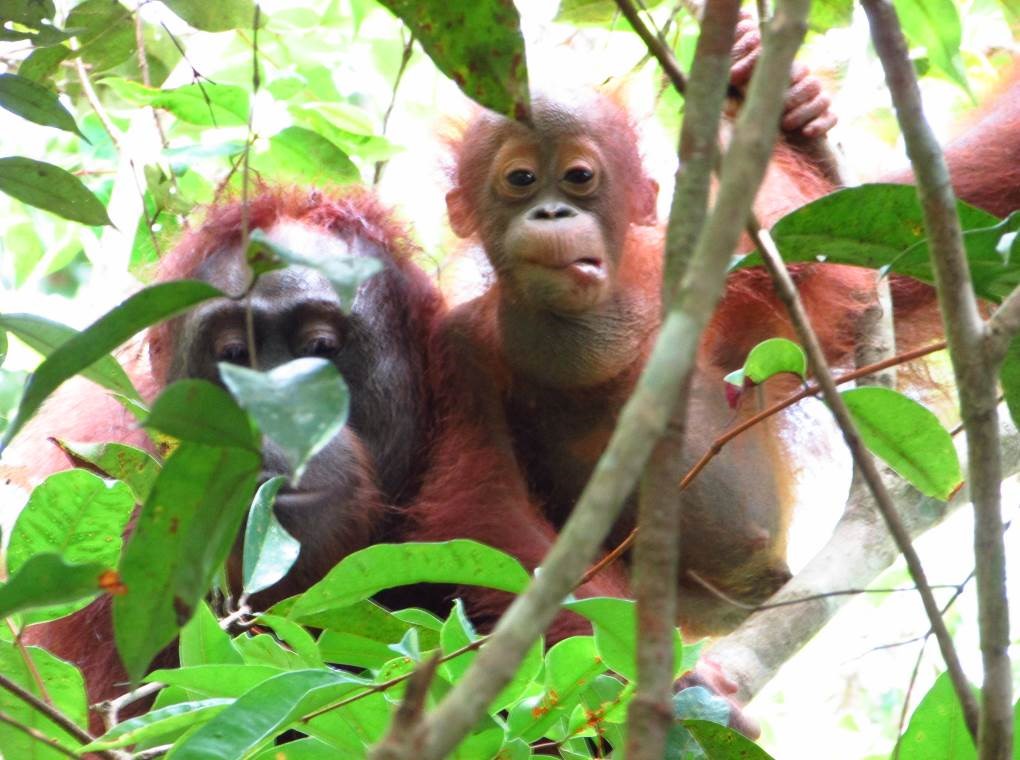
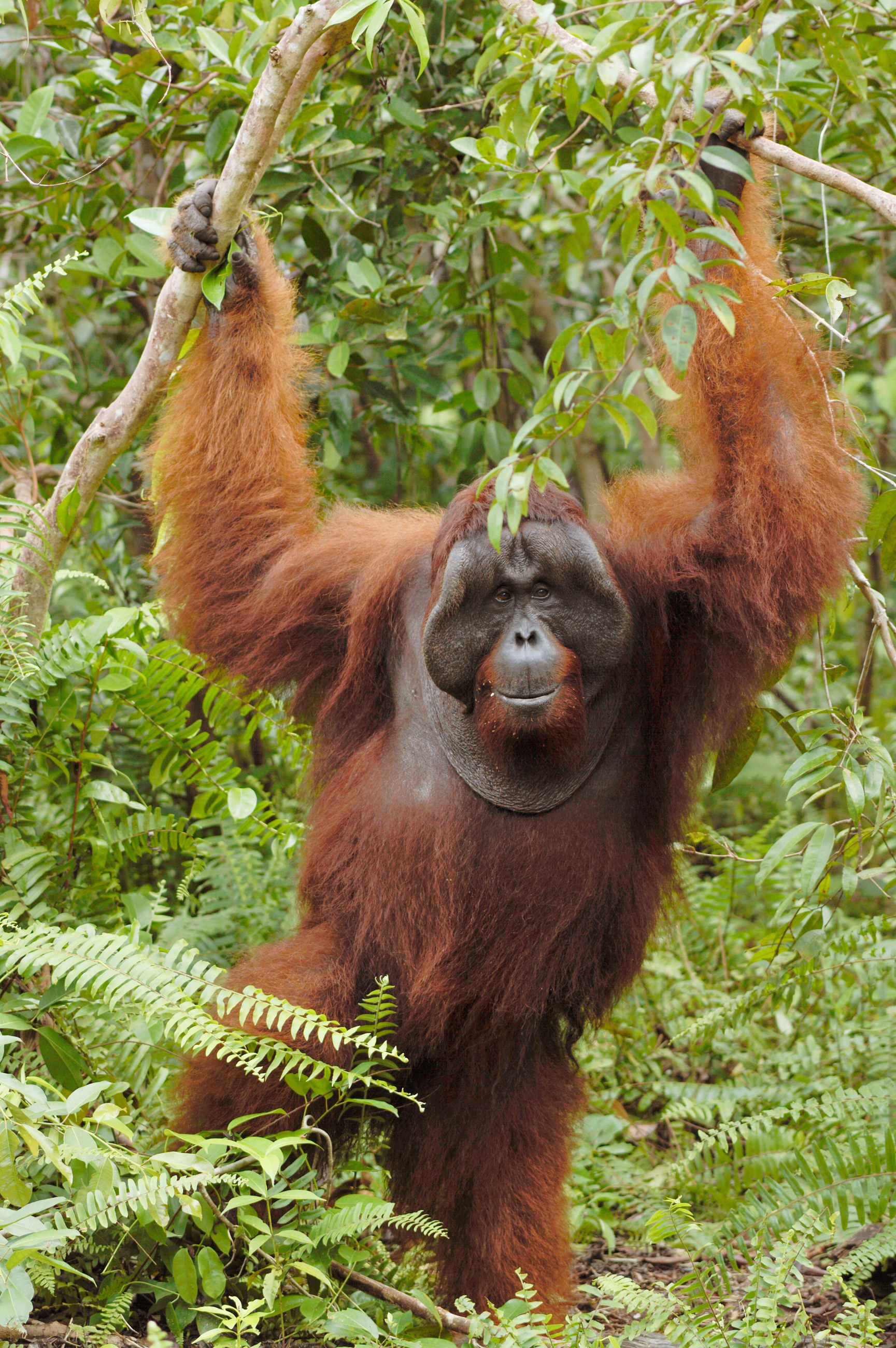
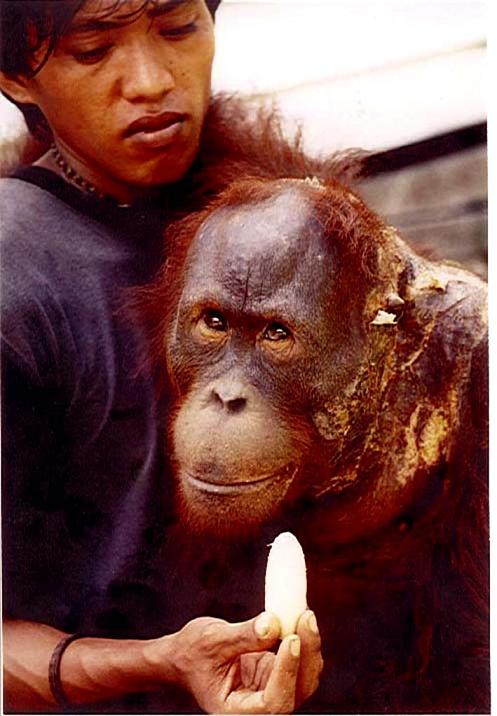
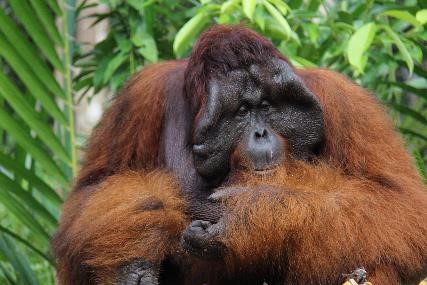
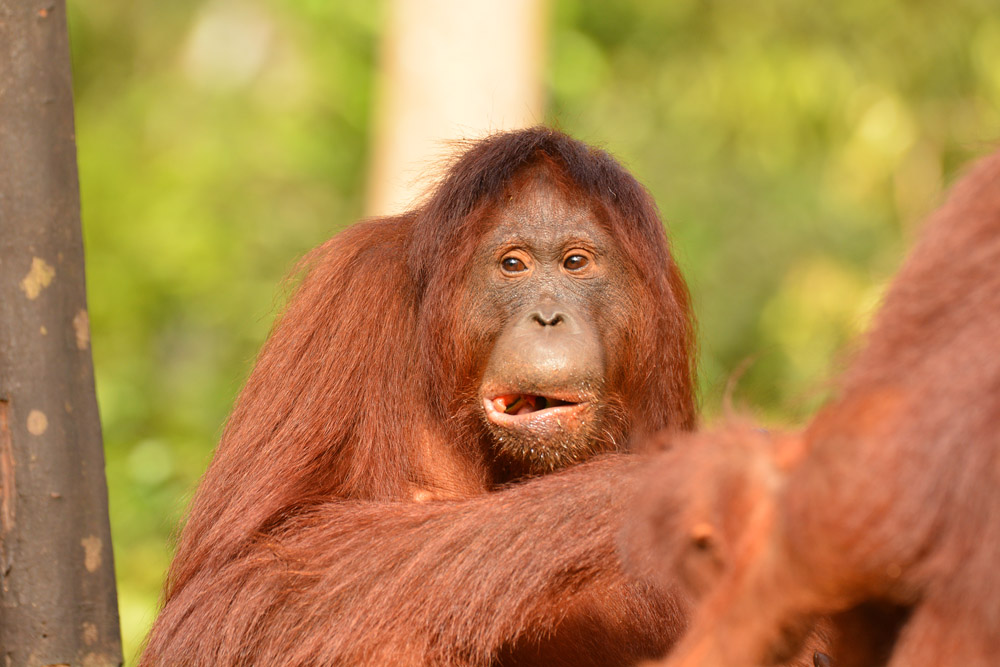
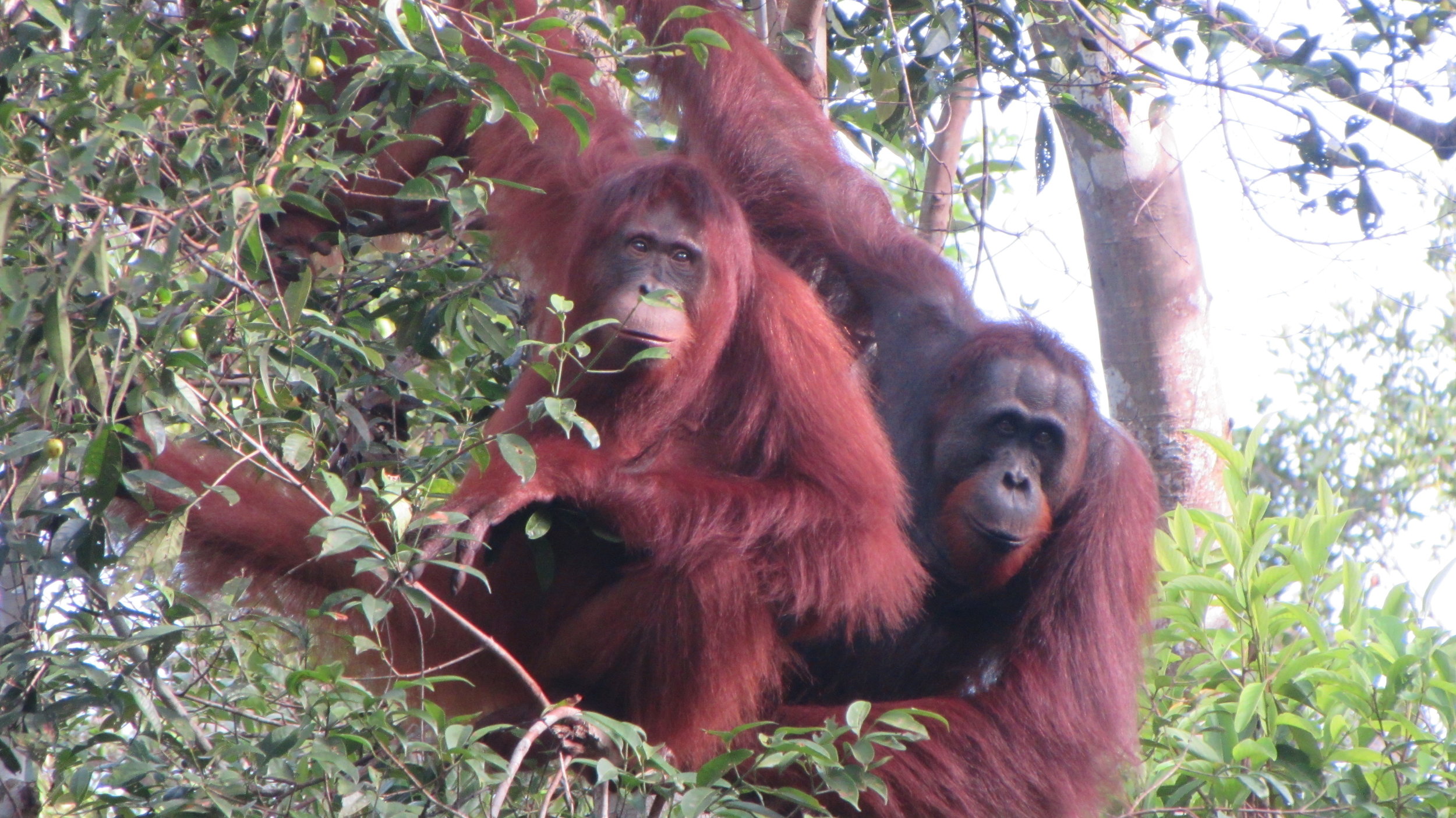
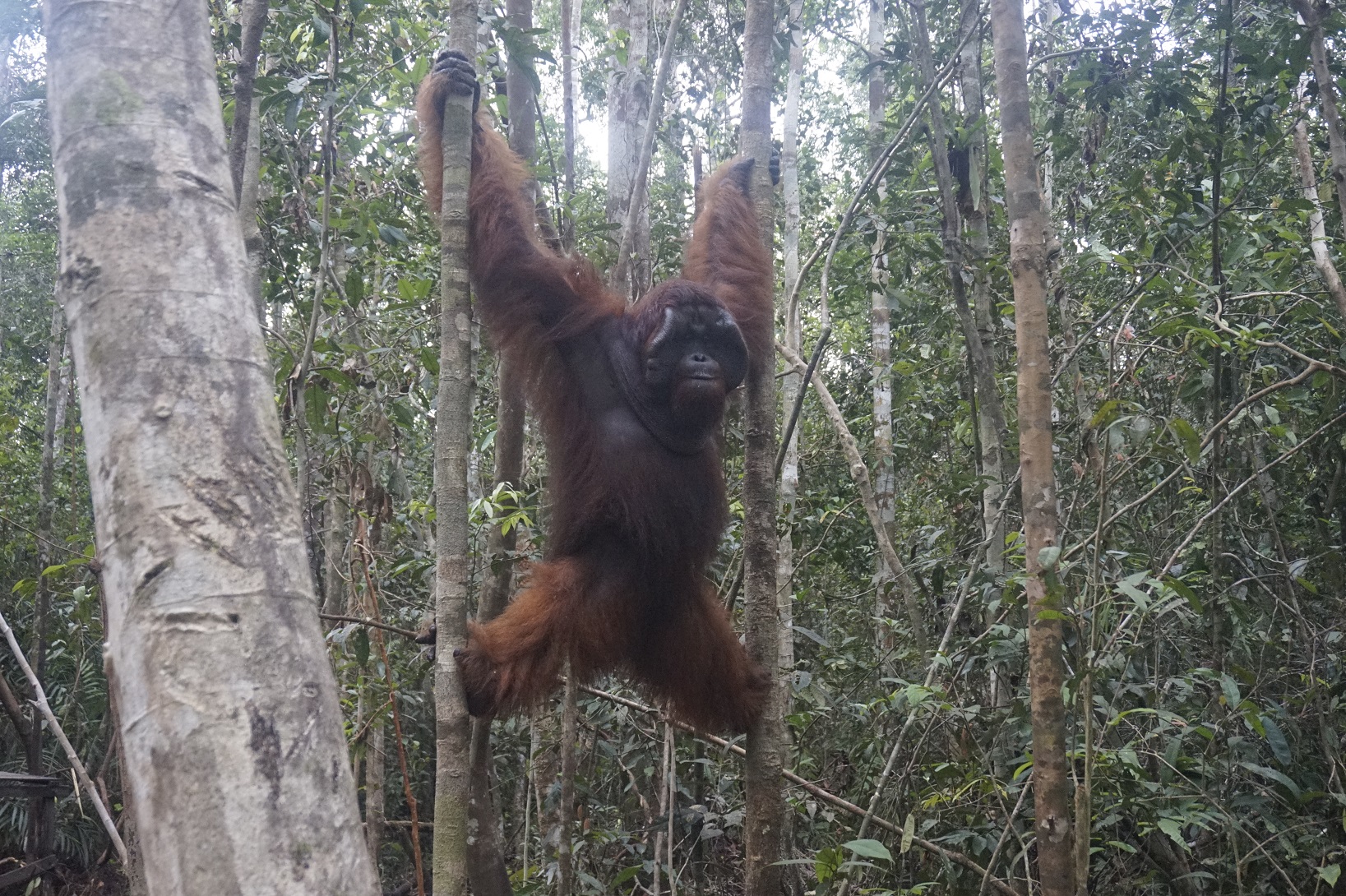
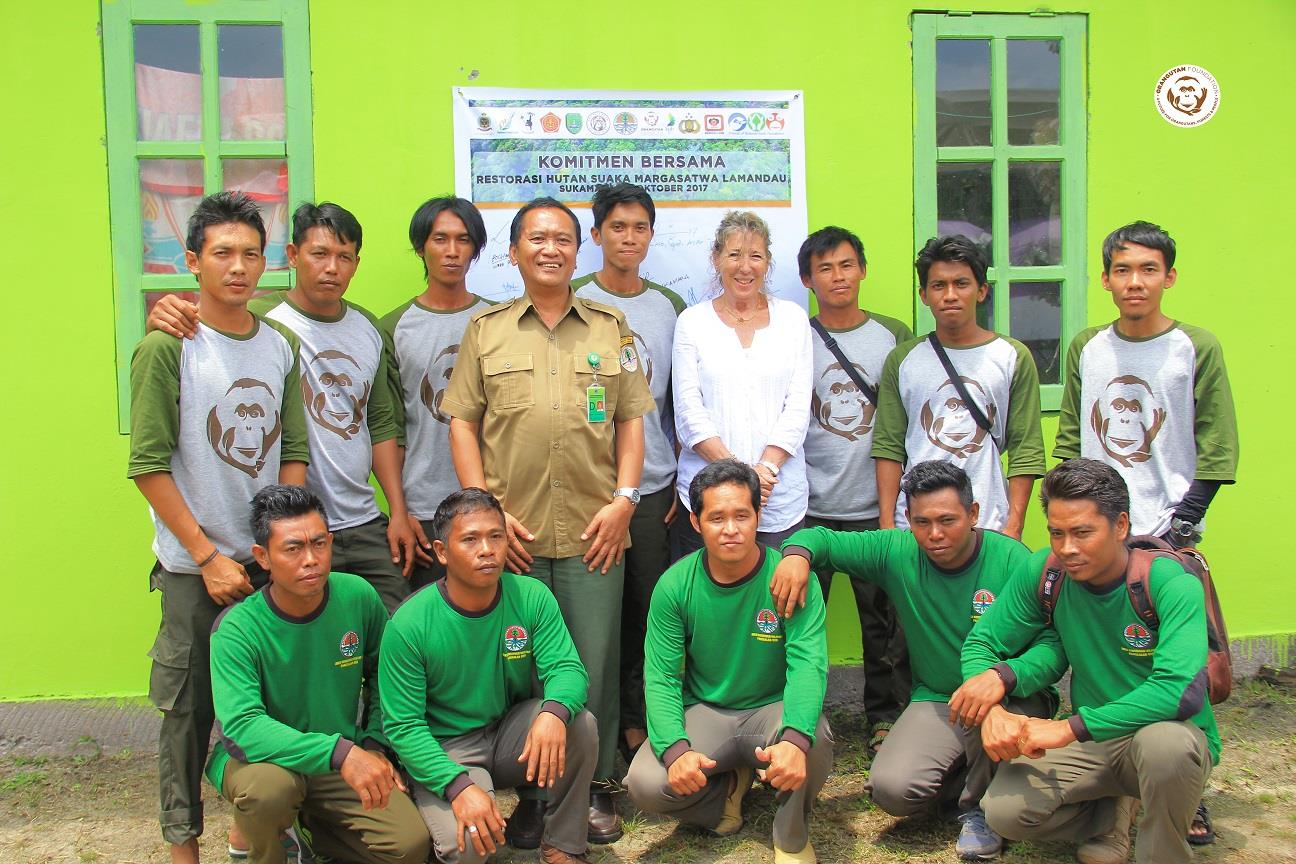
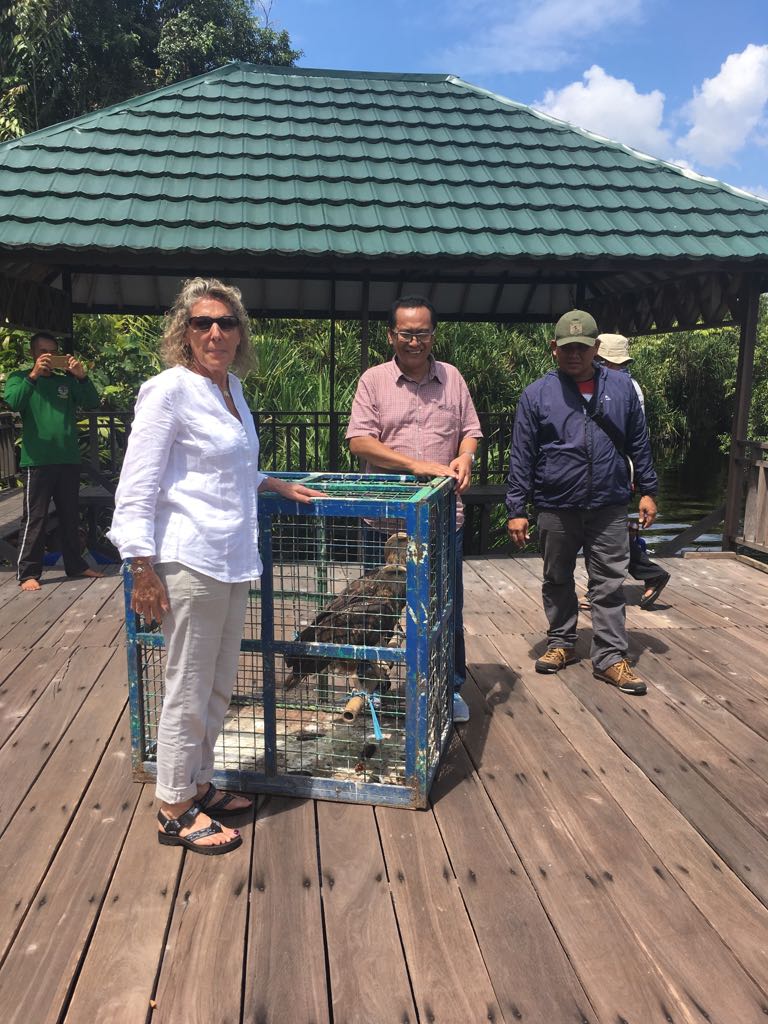
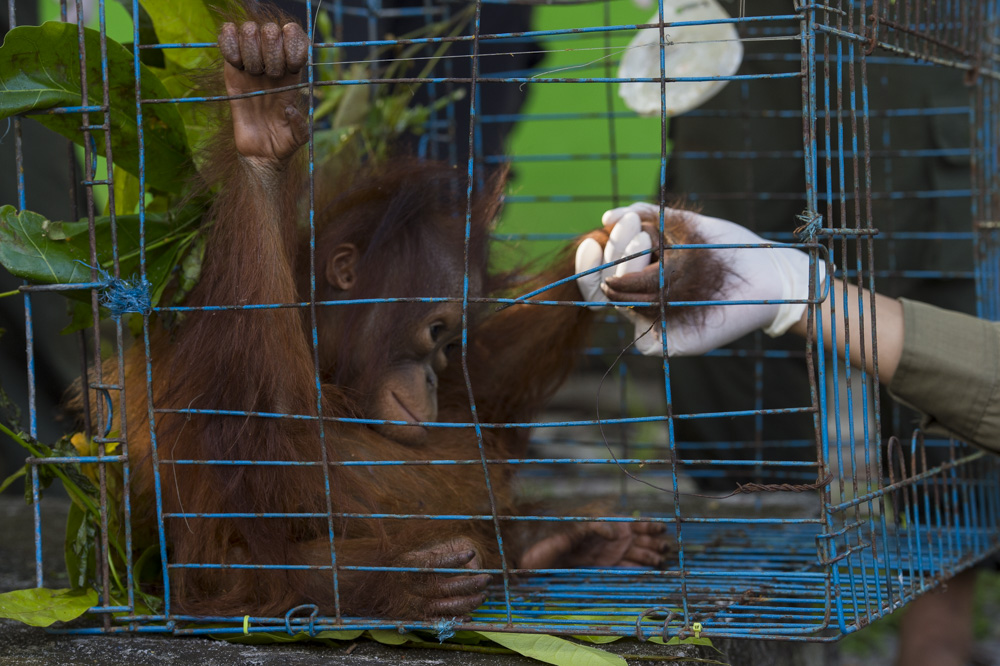
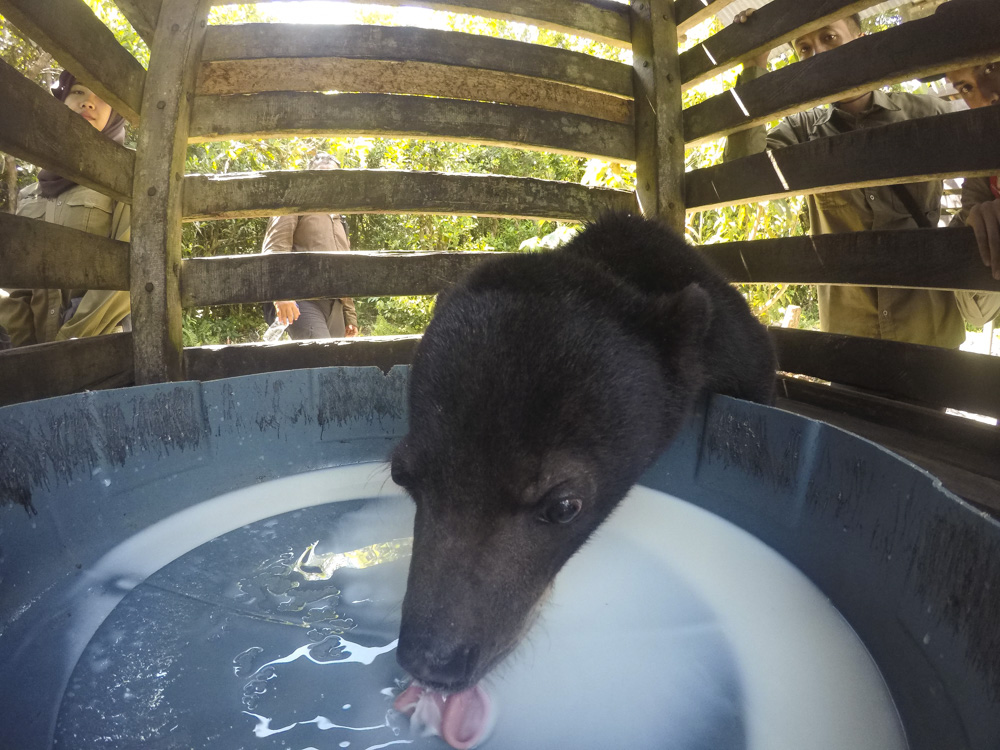
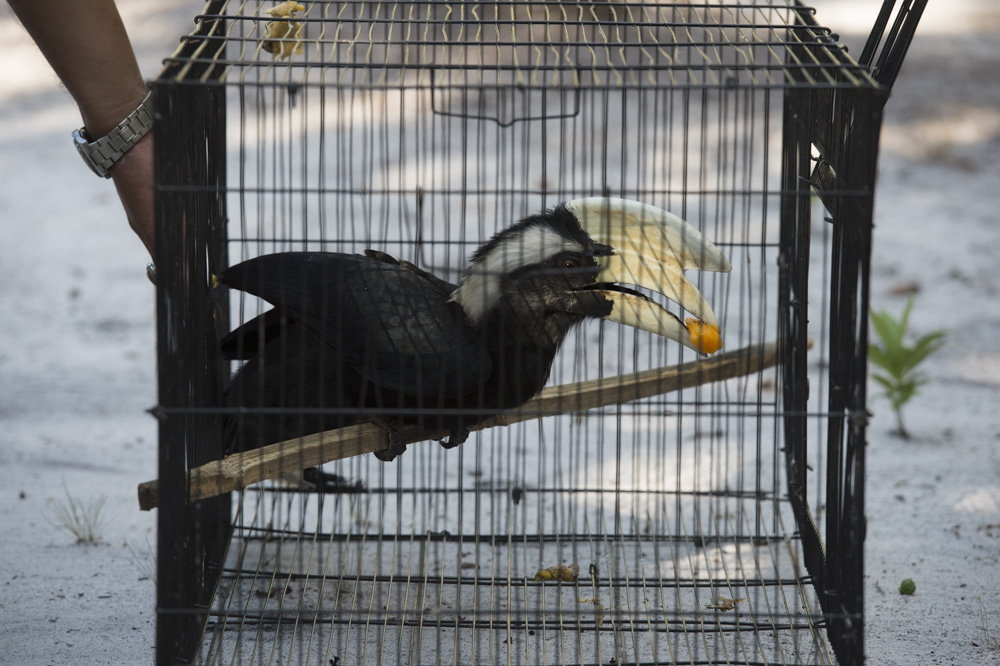
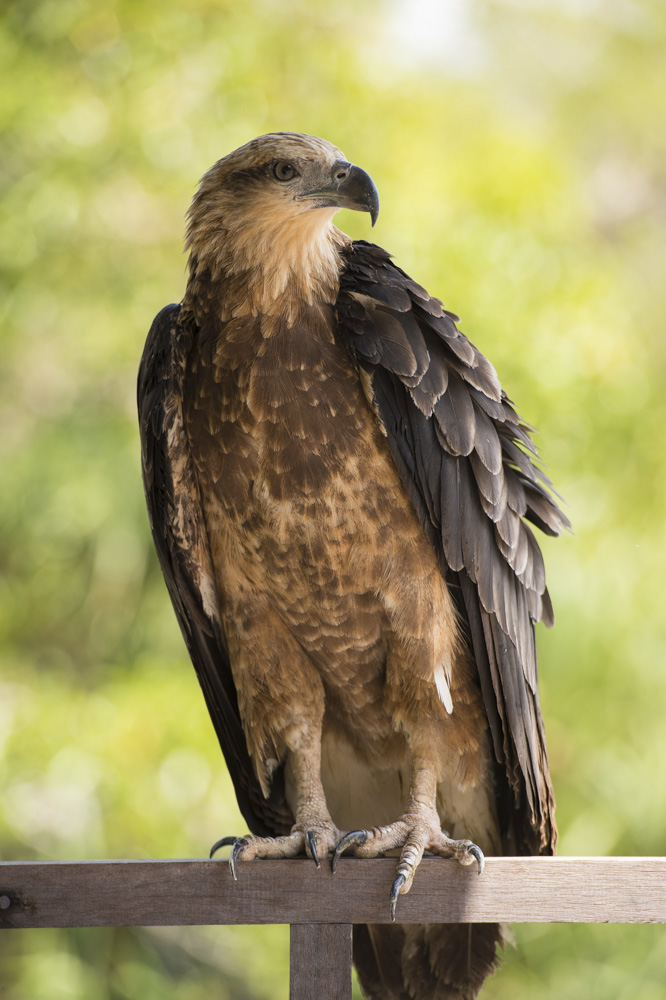

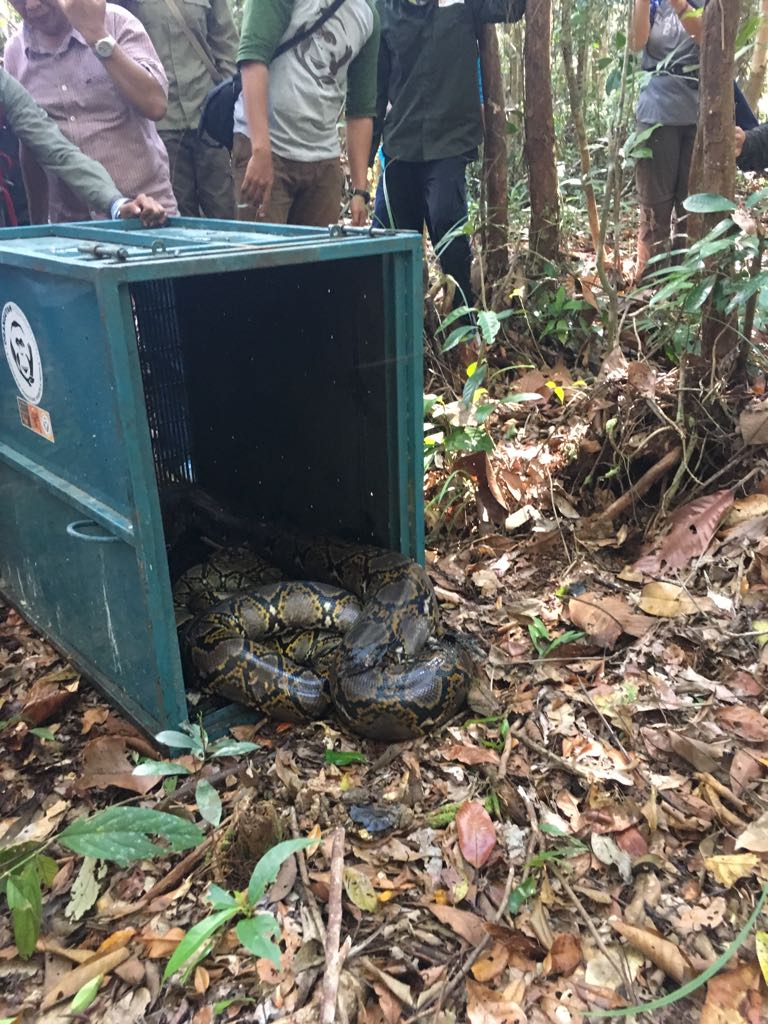
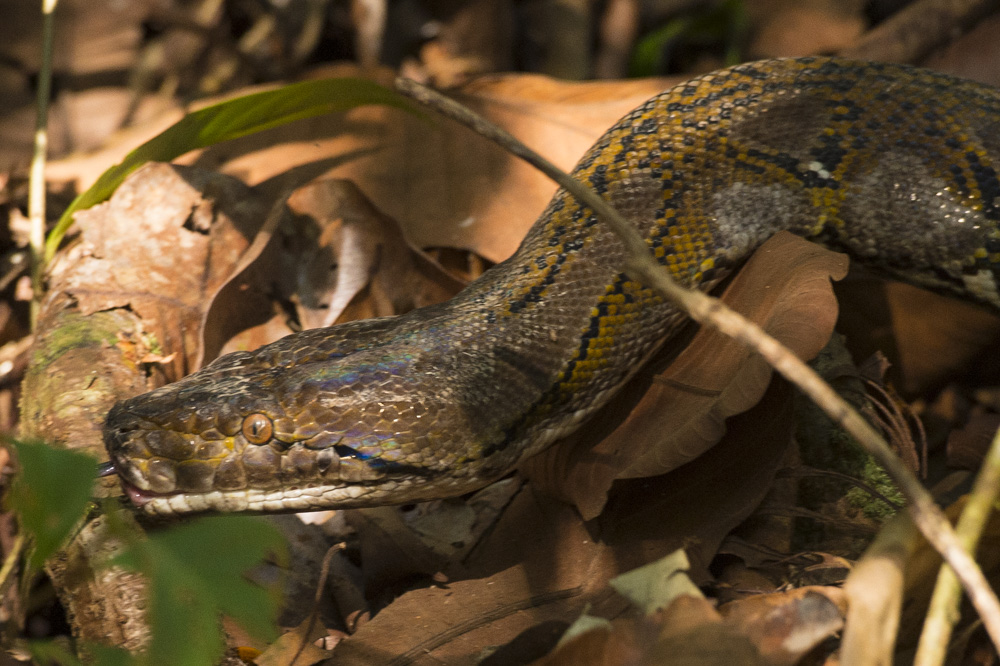
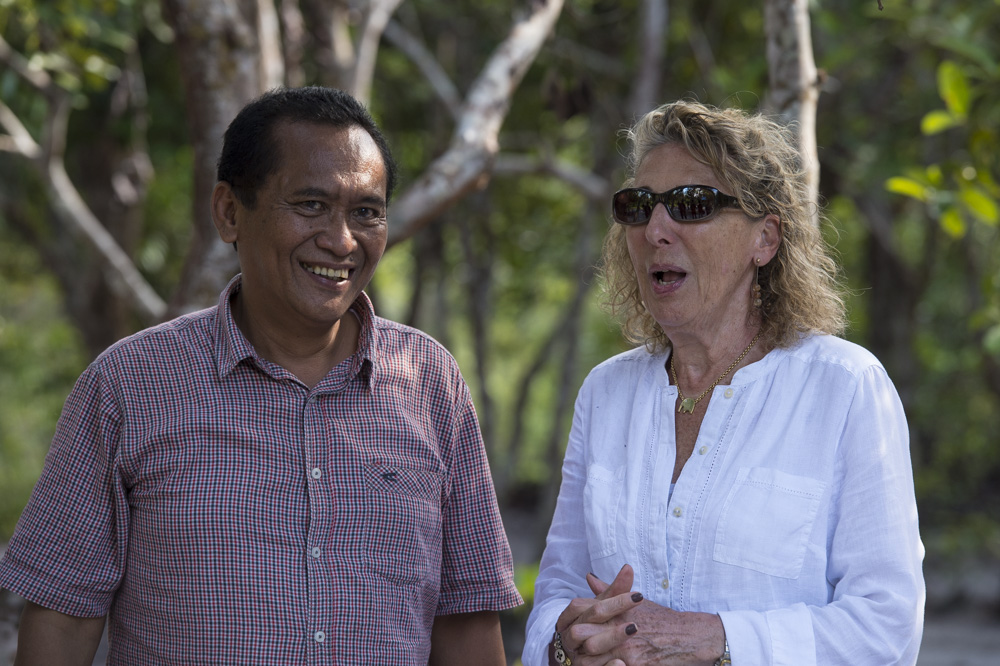
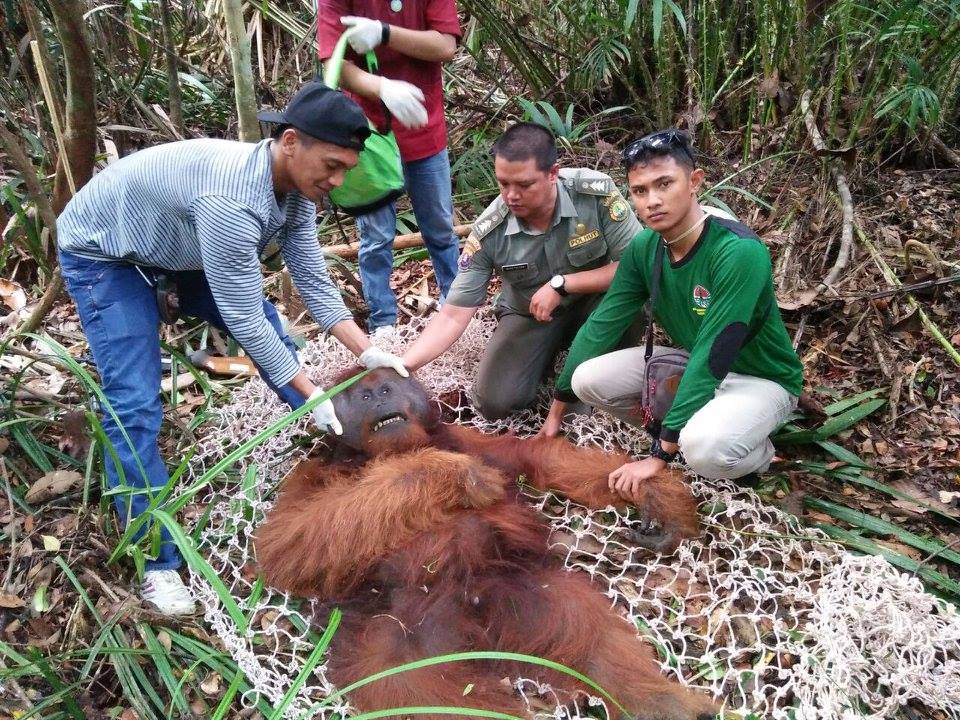 On Monday, 28th August 2017, Orangutan Foundation together with the local wildlife authority, managed to rescue an orangutan, found stranded in a forested area between a village and an oil-palm plantation in Central Kalimantan. The orangutan, an adult male of around 17 years of age, only weighed 80kg - about two thirds its expected weight..
On Monday, 28th August 2017, Orangutan Foundation together with the local wildlife authority, managed to rescue an orangutan, found stranded in a forested area between a village and an oil-palm plantation in Central Kalimantan. The orangutan, an adult male of around 17 years of age, only weighed 80kg - about two thirds its expected weight..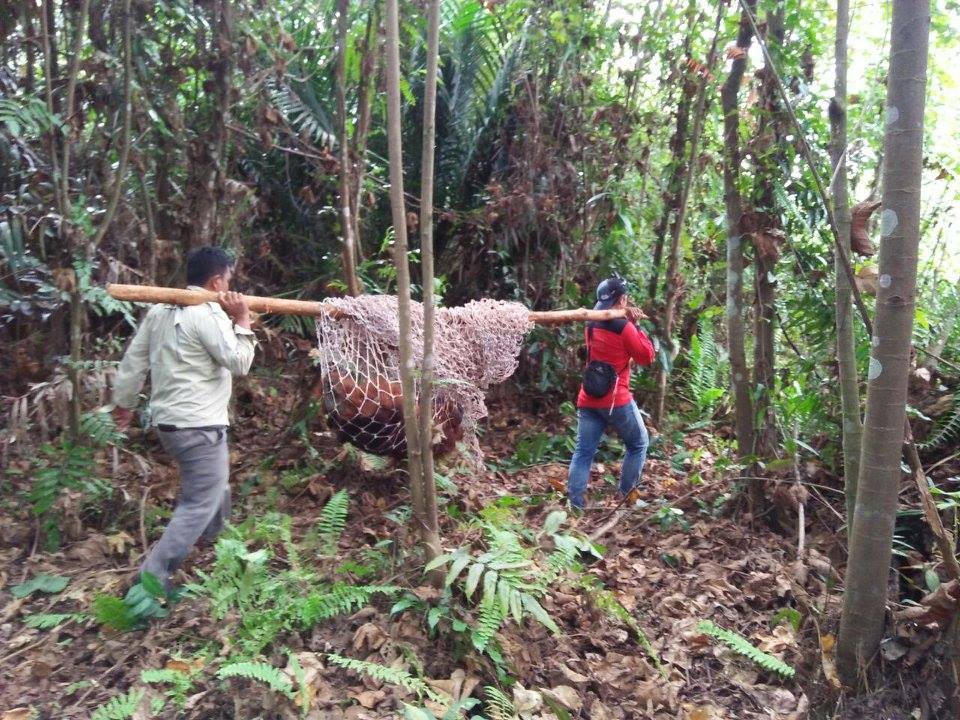
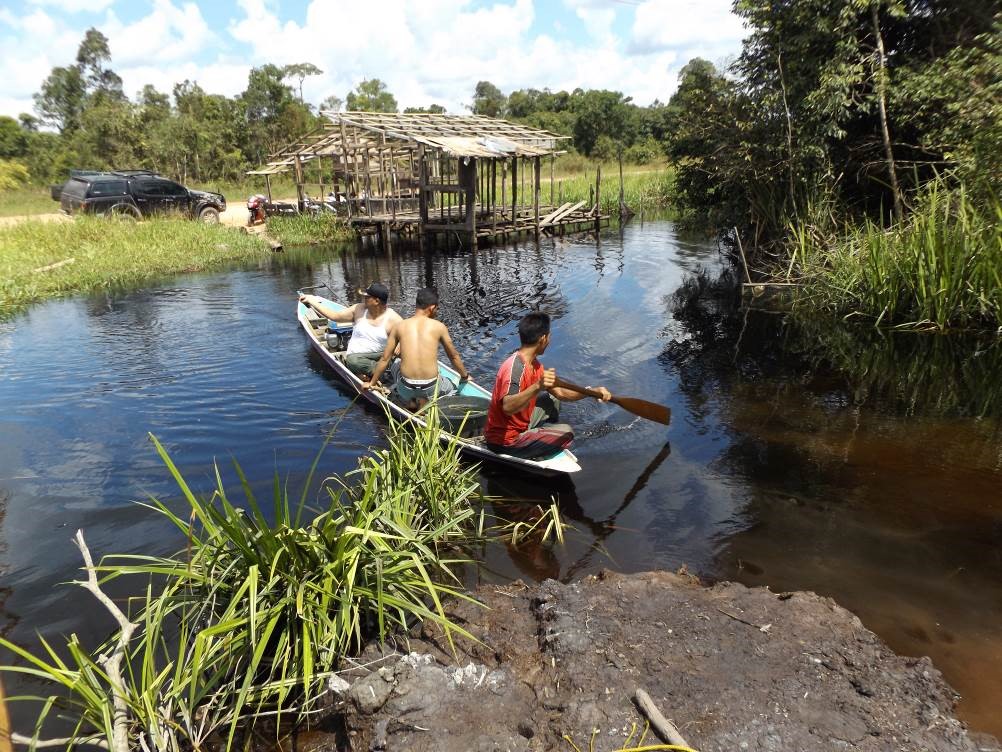
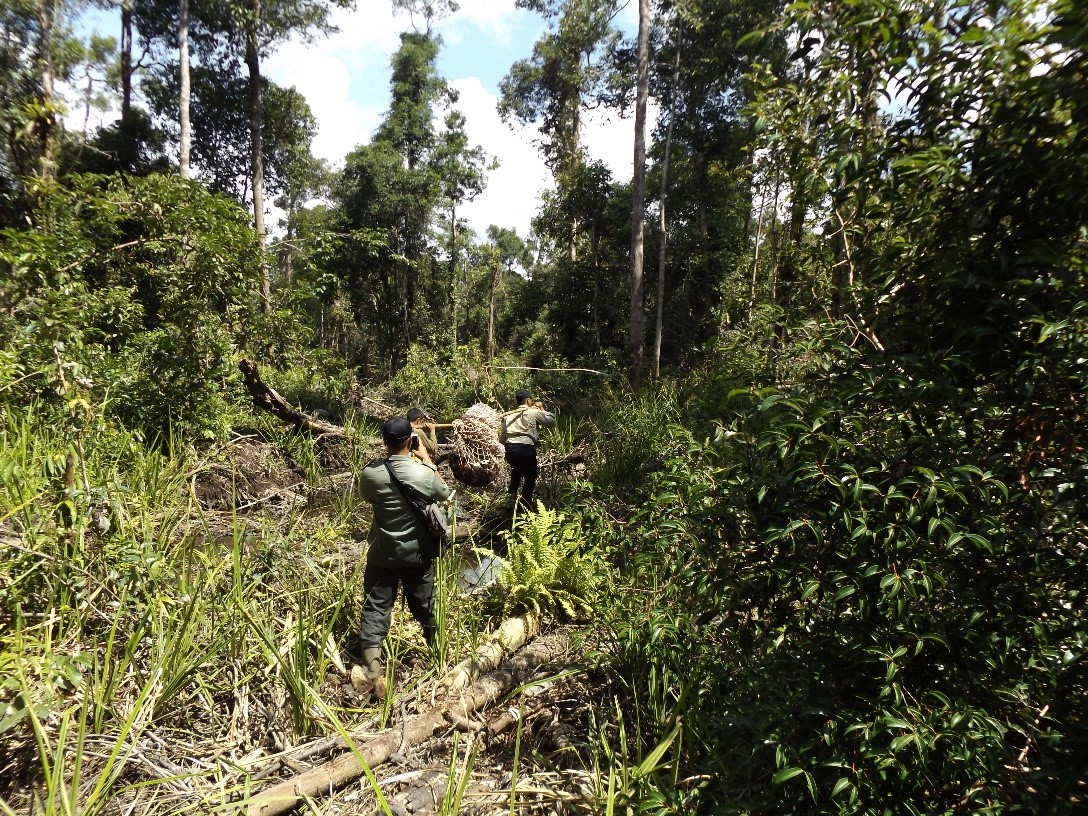


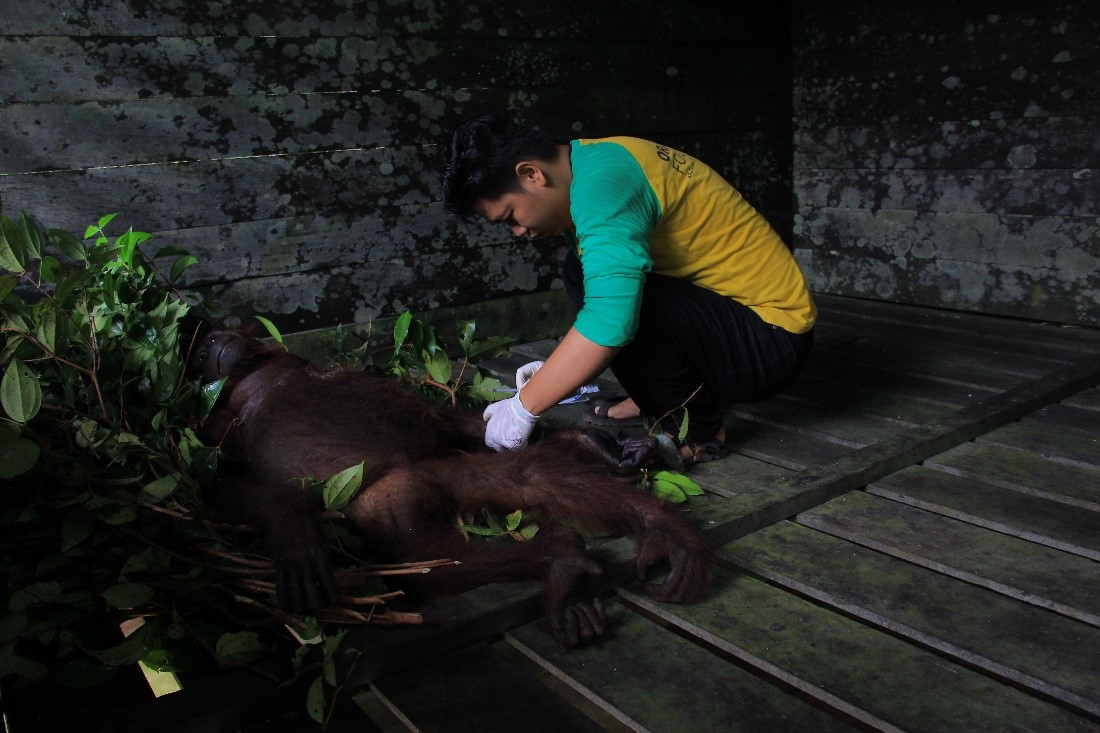
 We have seen two orangutan births in less than two months. Why is this significant and a reason to celebrate? Orangutans are critically endangered, a recent report found that orangutan populations on Borneo have declined by 25% over the last 10 years. A shocking statistic. However, in the
We have seen two orangutan births in less than two months. Why is this significant and a reason to celebrate? Orangutans are critically endangered, a recent report found that orangutan populations on Borneo have declined by 25% over the last 10 years. A shocking statistic. However, in the 
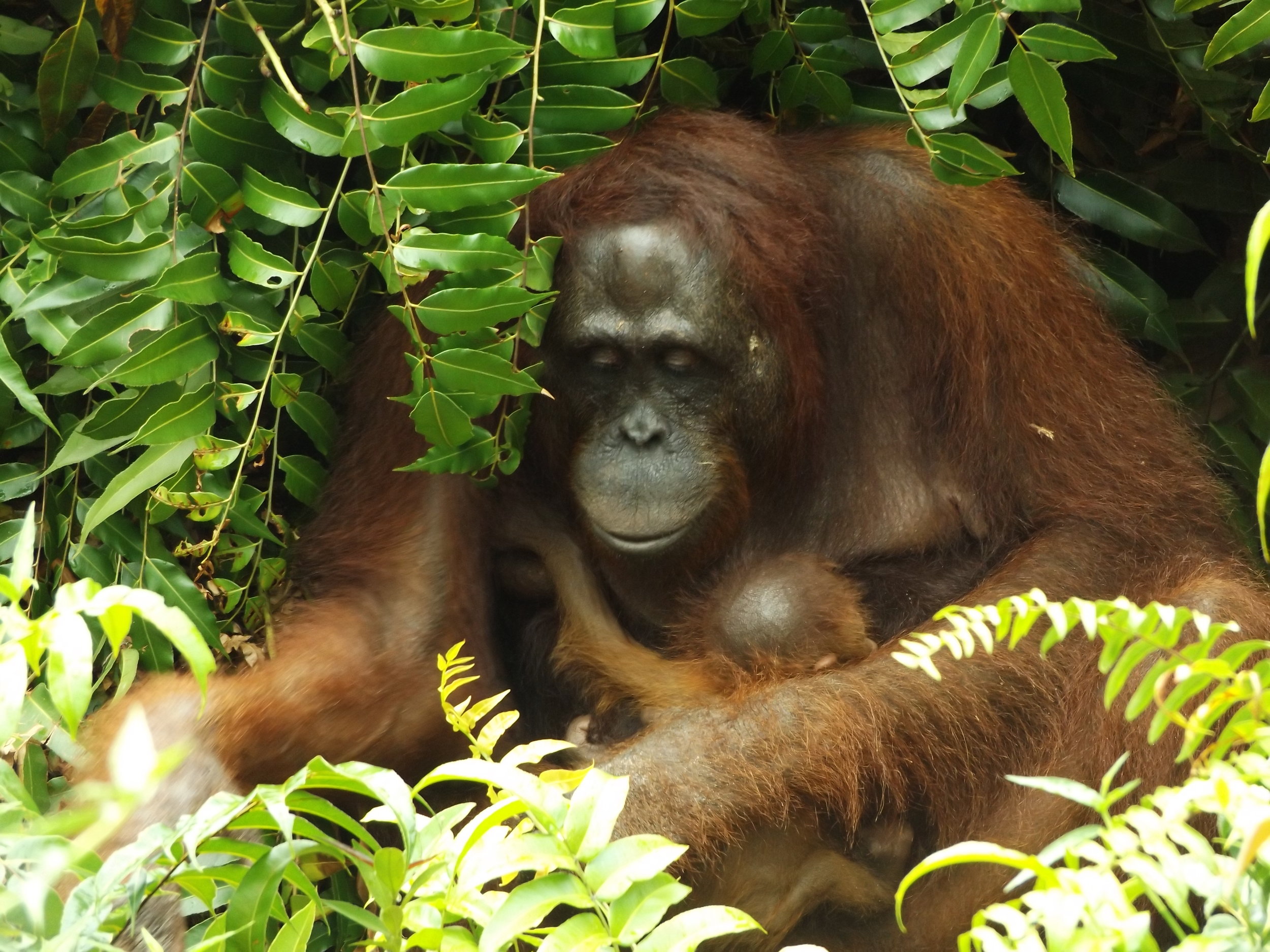
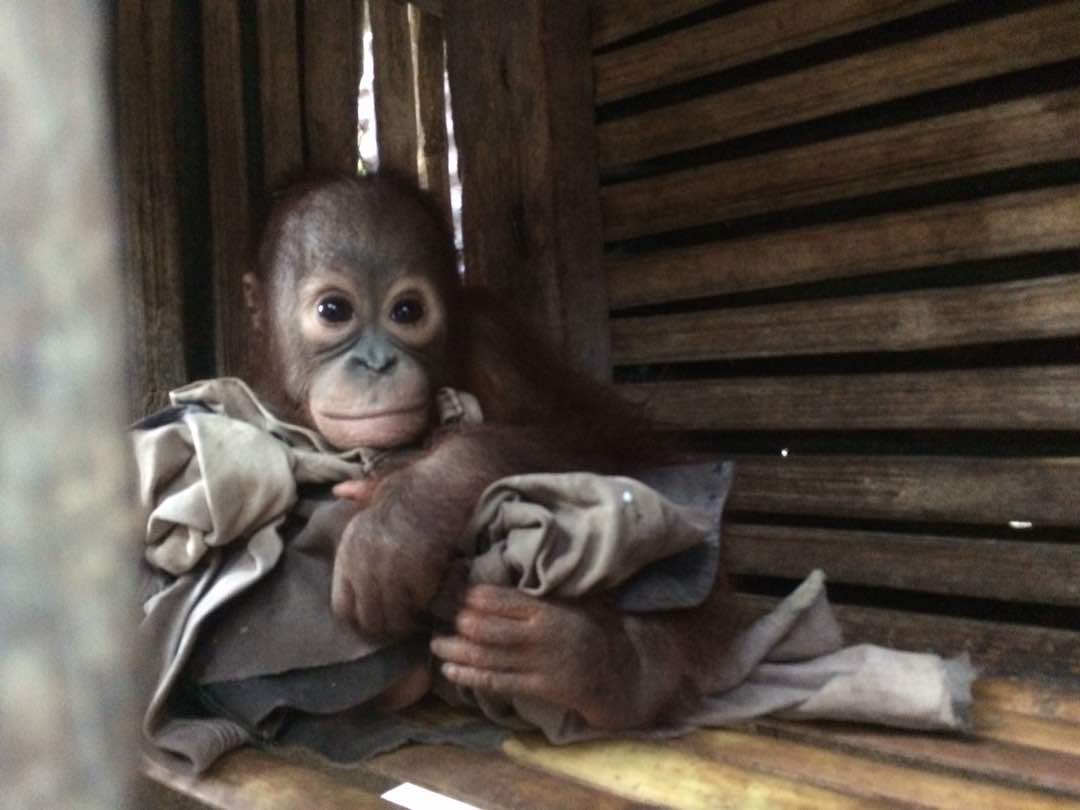 On 19th June 2017, BKSDA informed our field staff that they had just confiscated an orangutan from people who had been keeping it as a pet in a nearby village. This orangutan was entrusted into the care of the Orangutan Foundation.
On 19th June 2017, BKSDA informed our field staff that they had just confiscated an orangutan from people who had been keeping it as a pet in a nearby village. This orangutan was entrusted into the care of the Orangutan Foundation.
